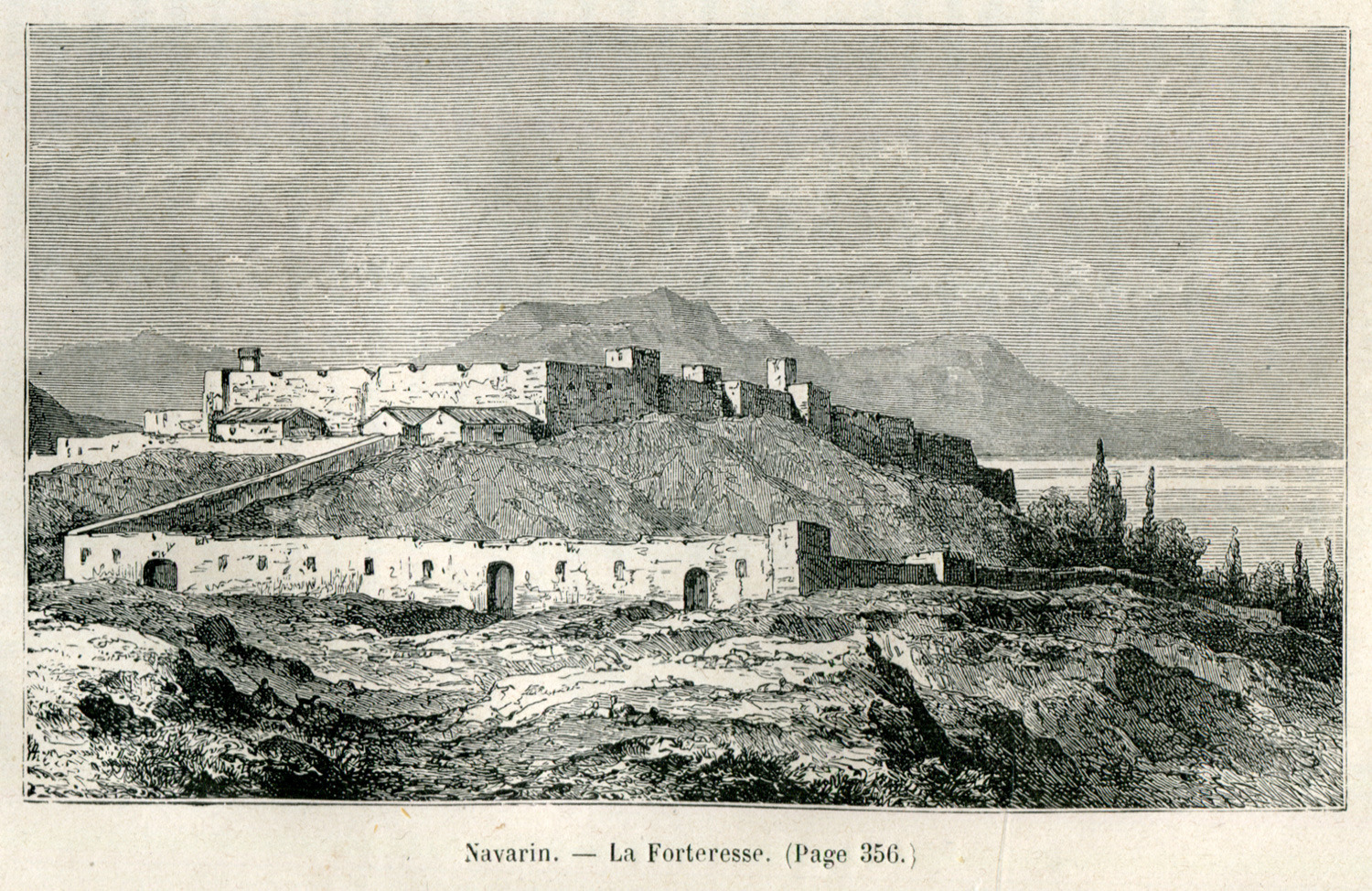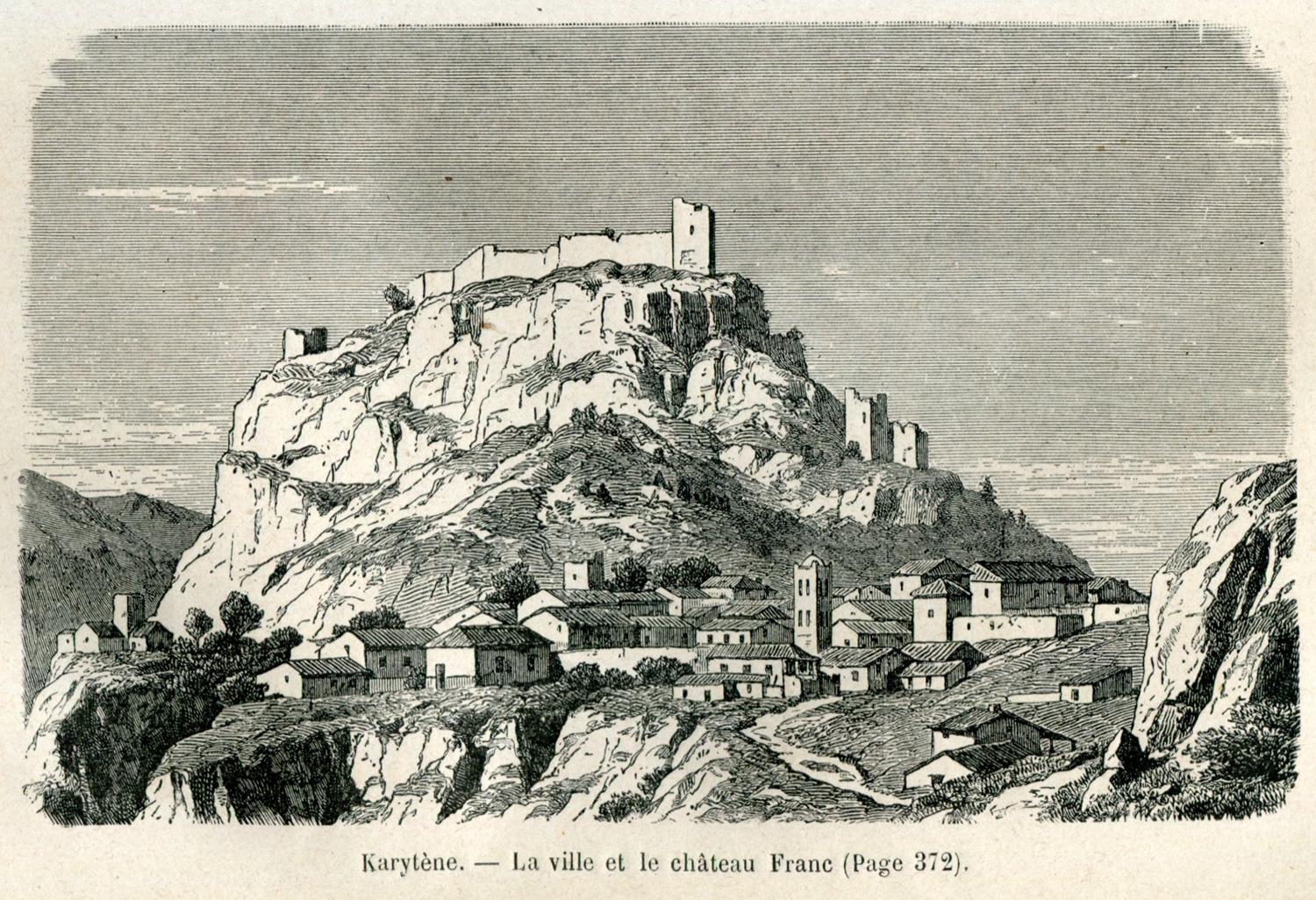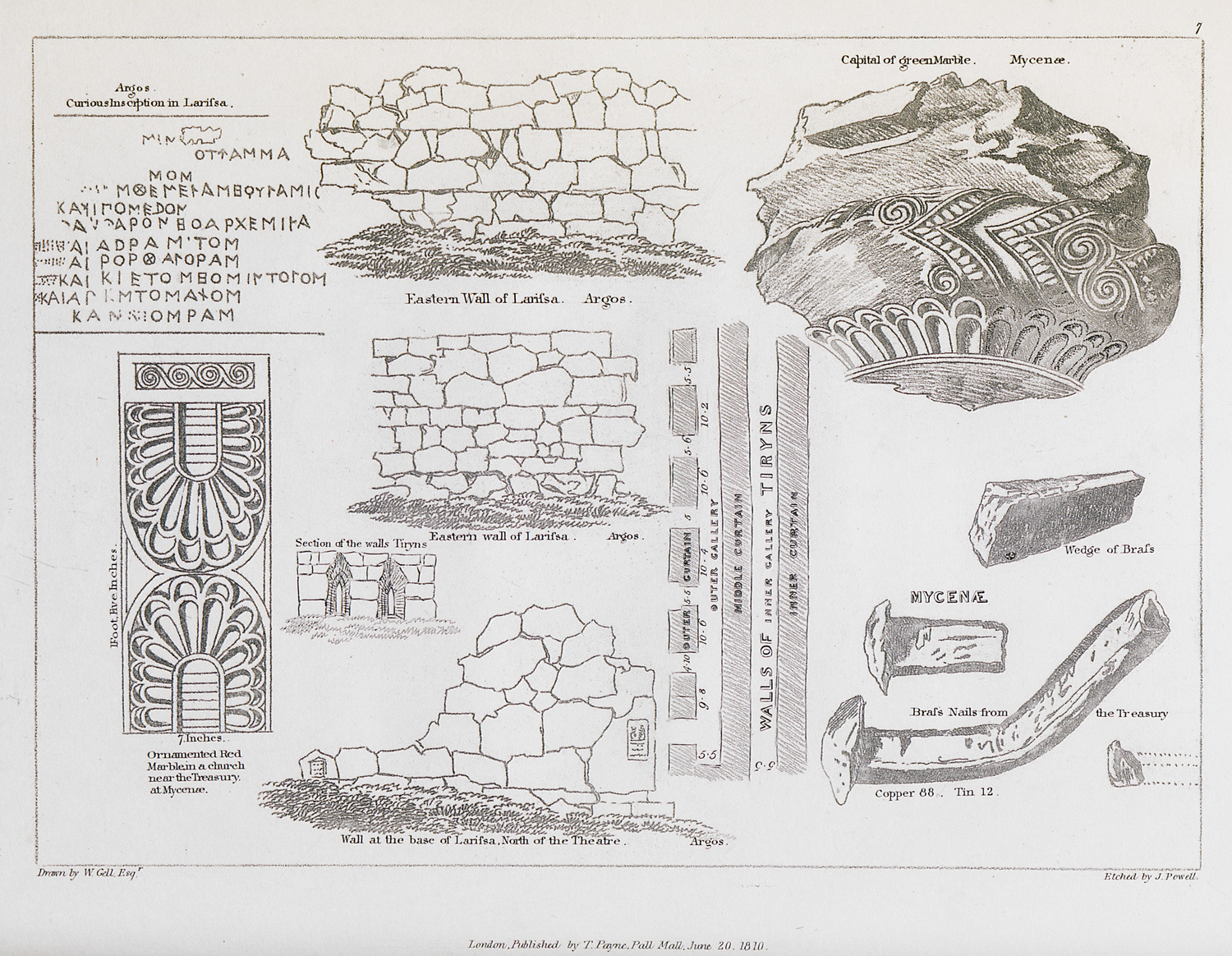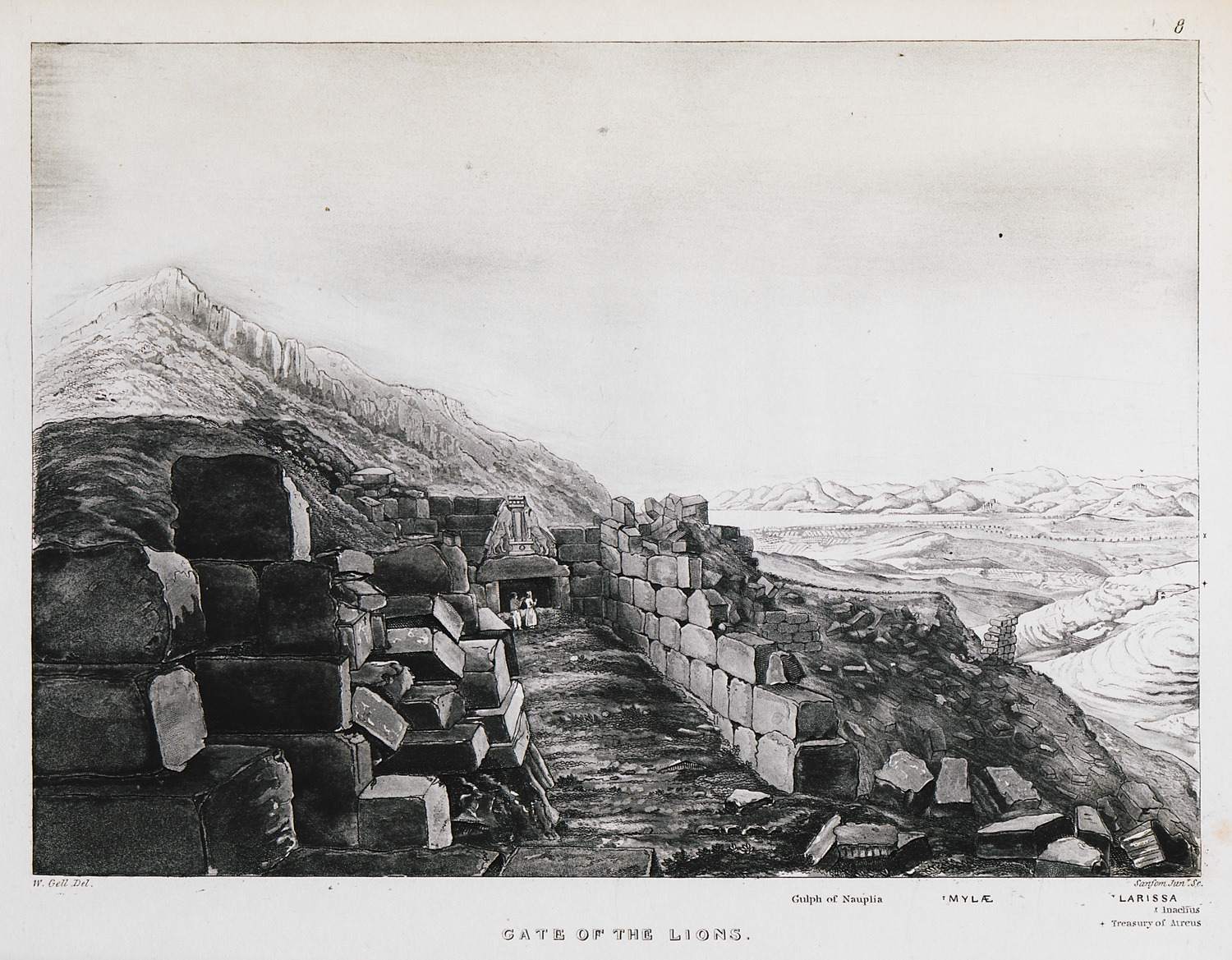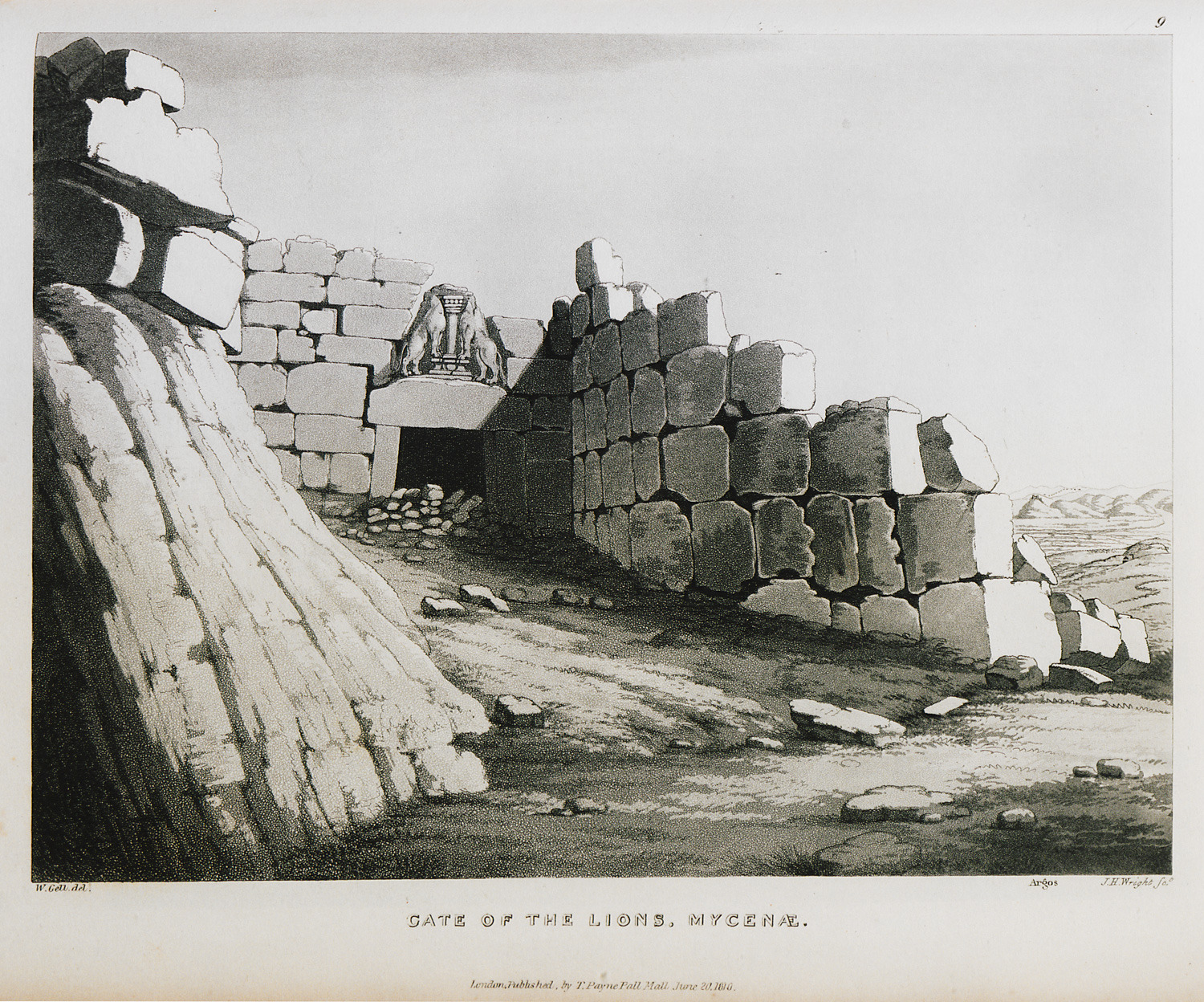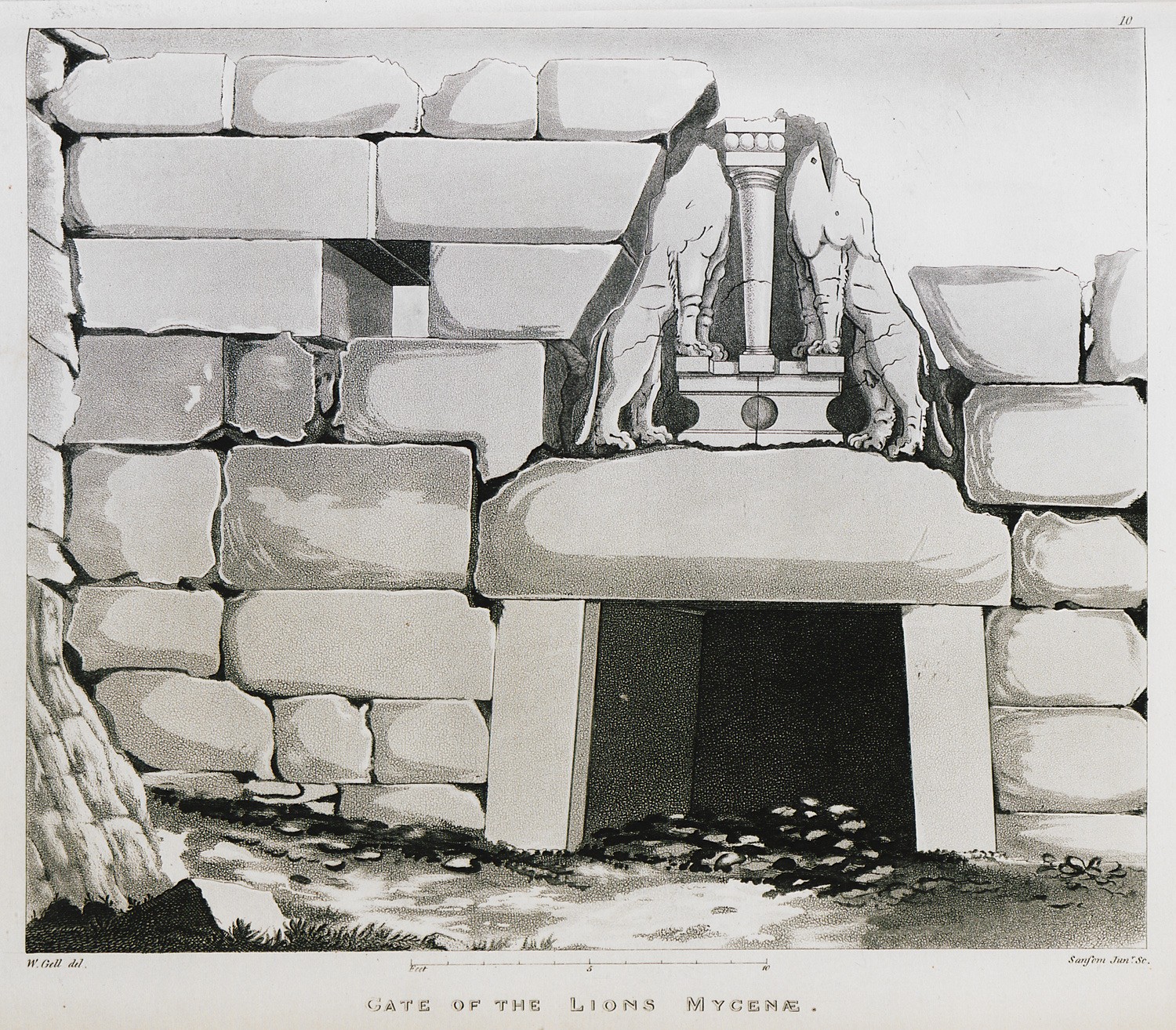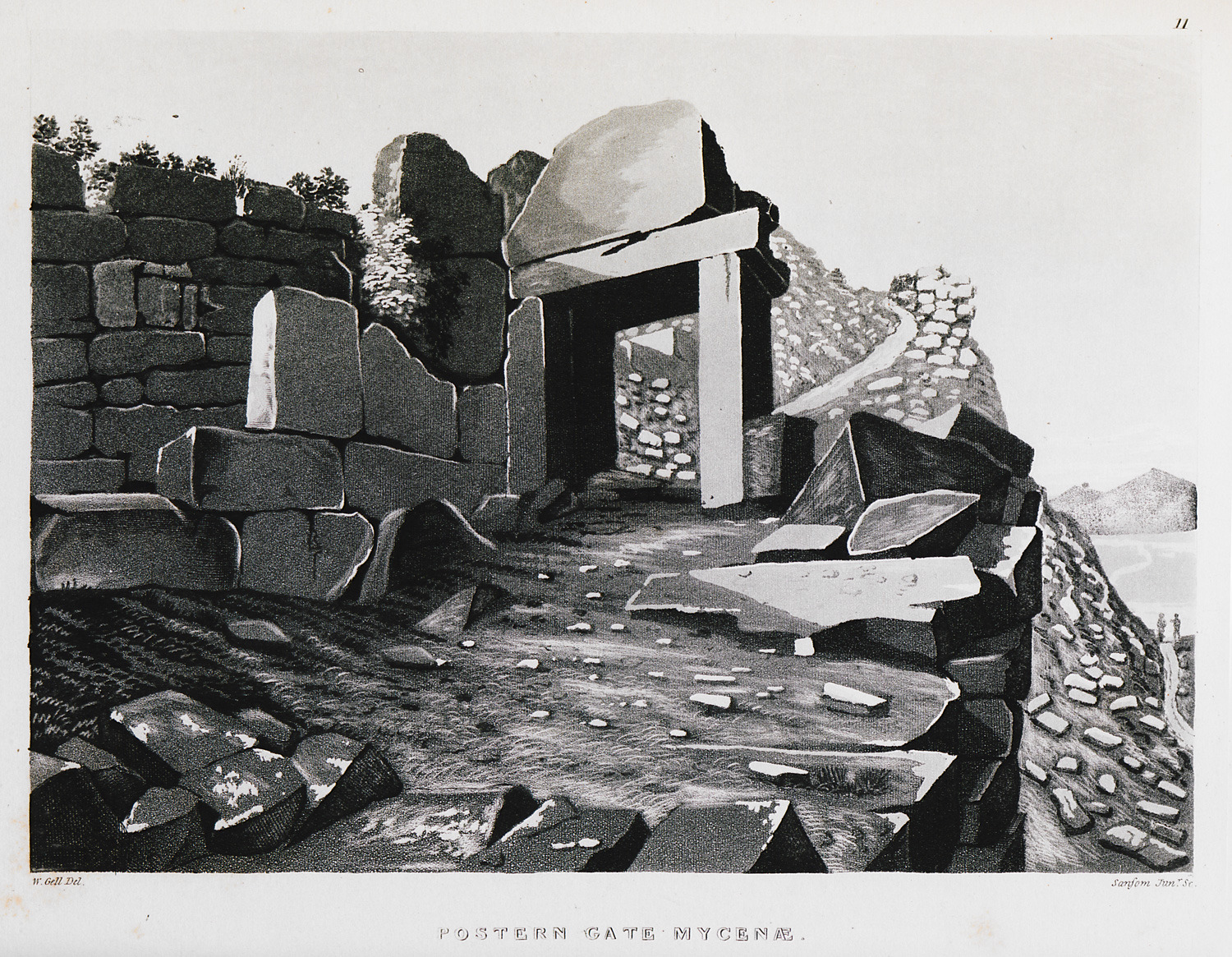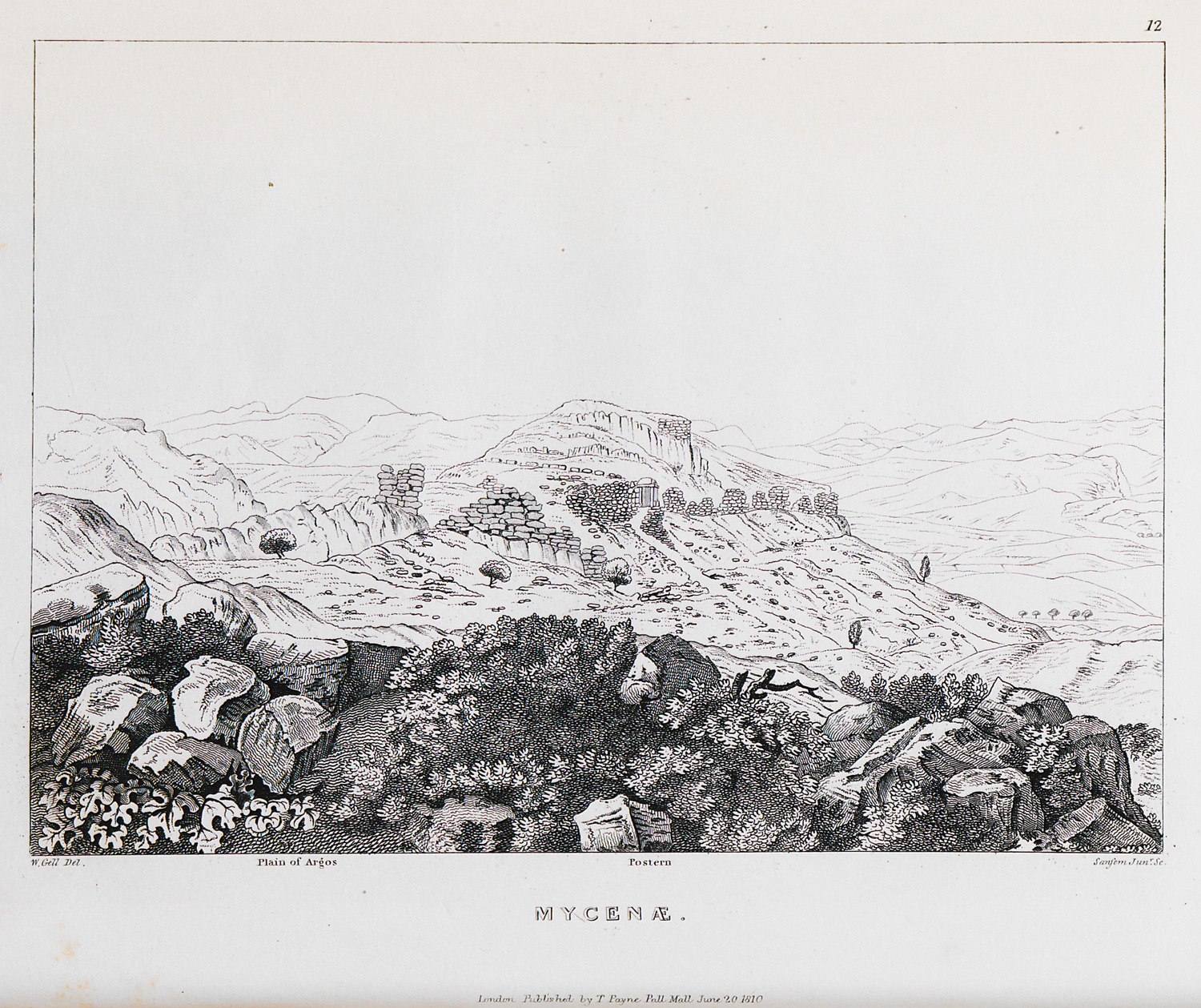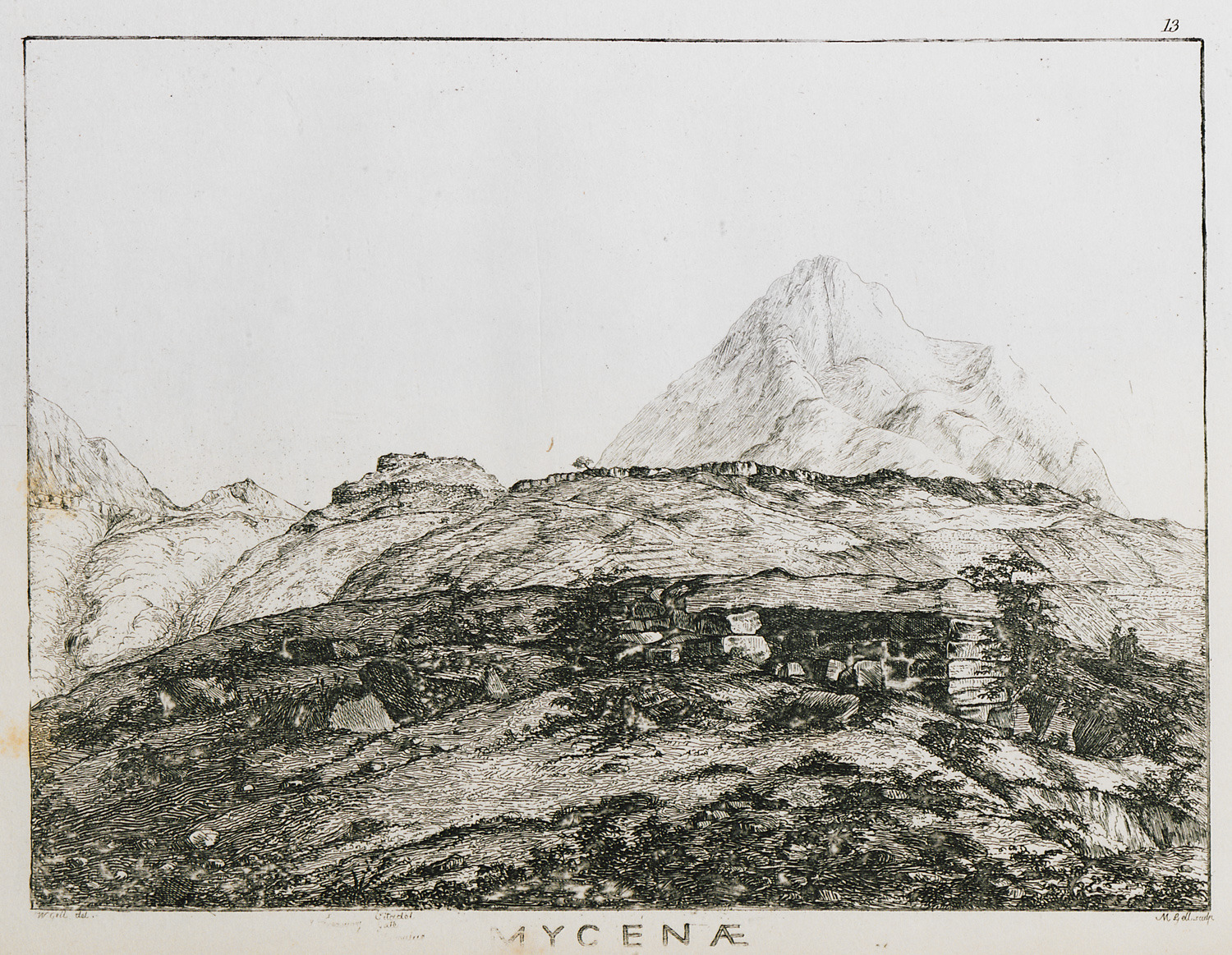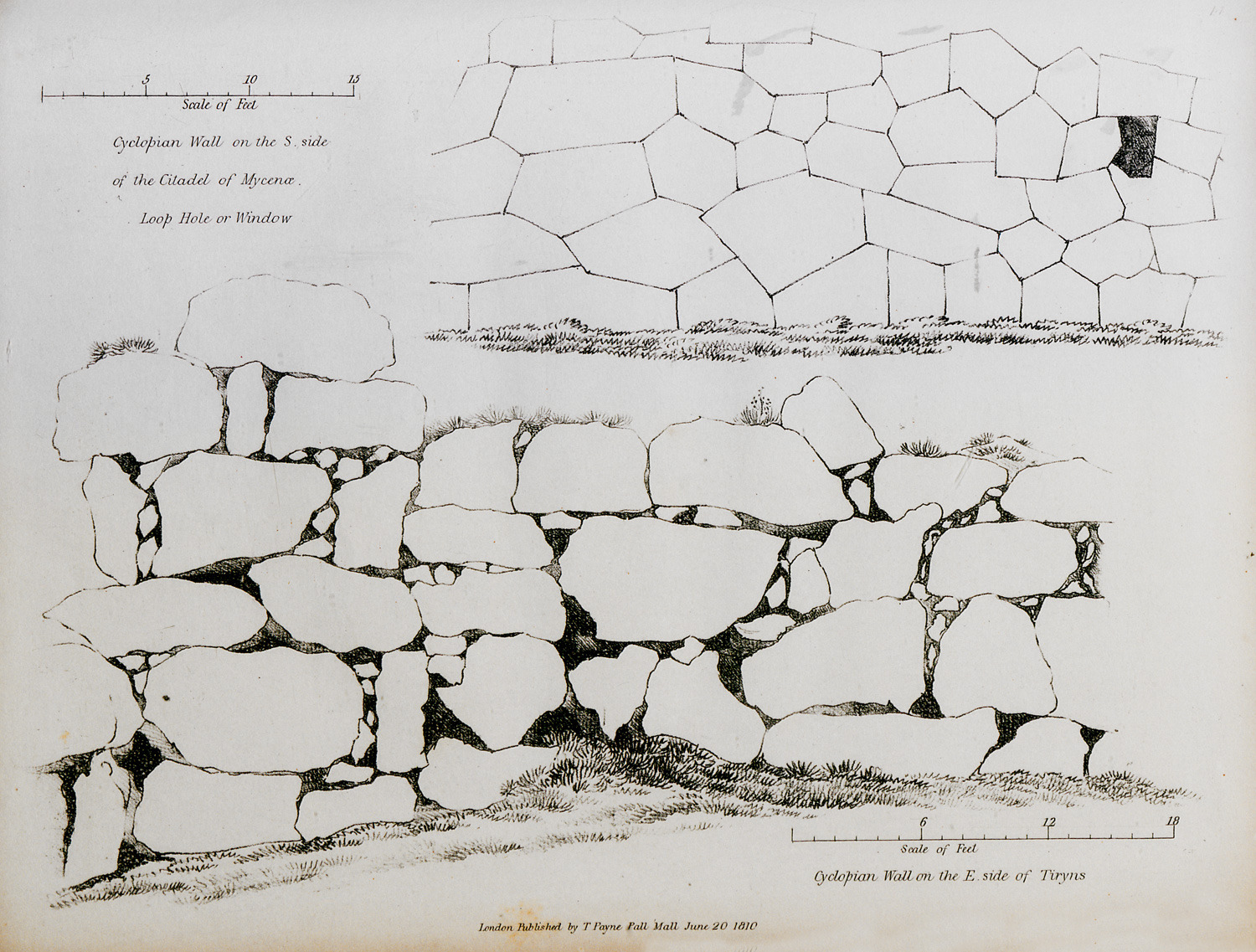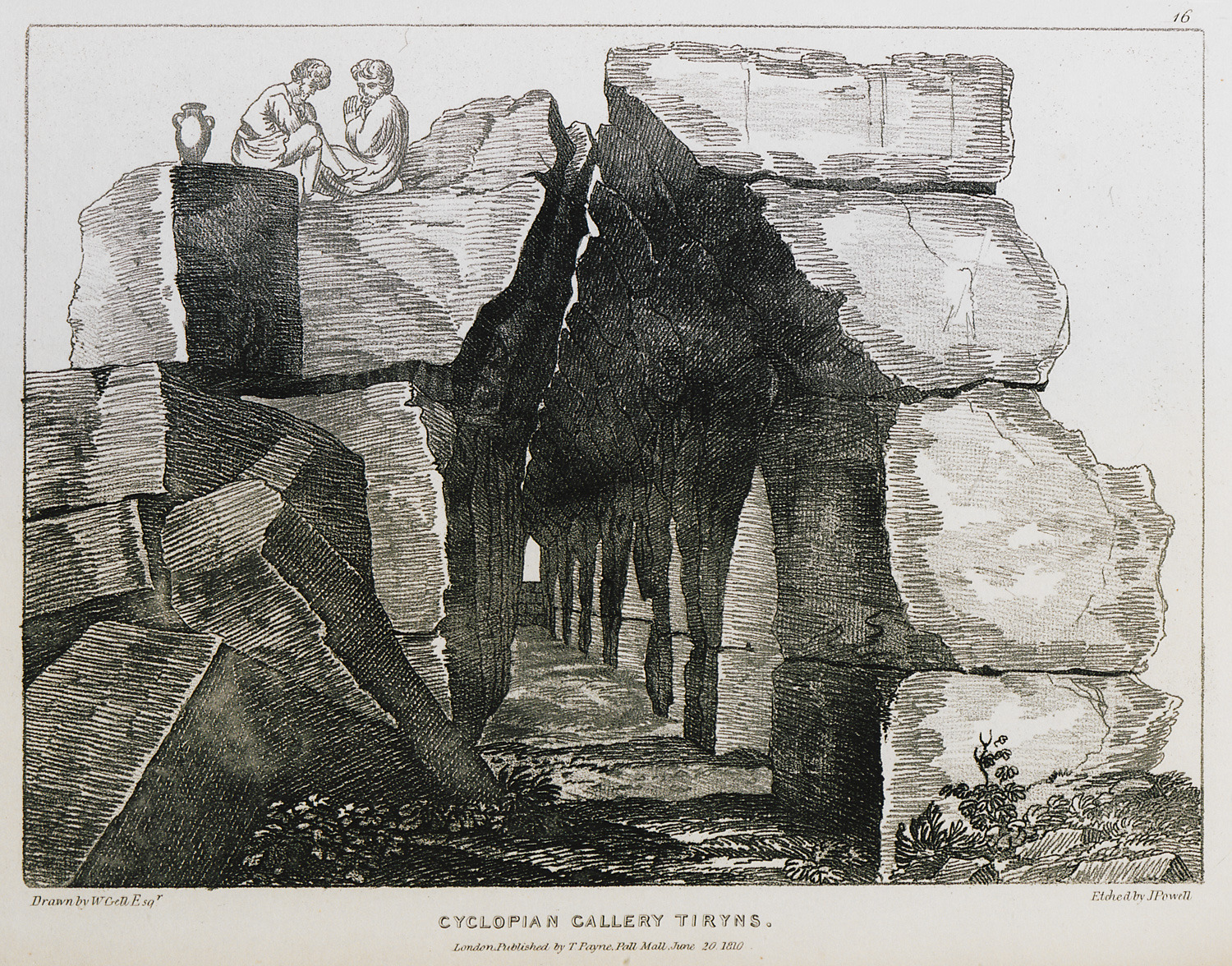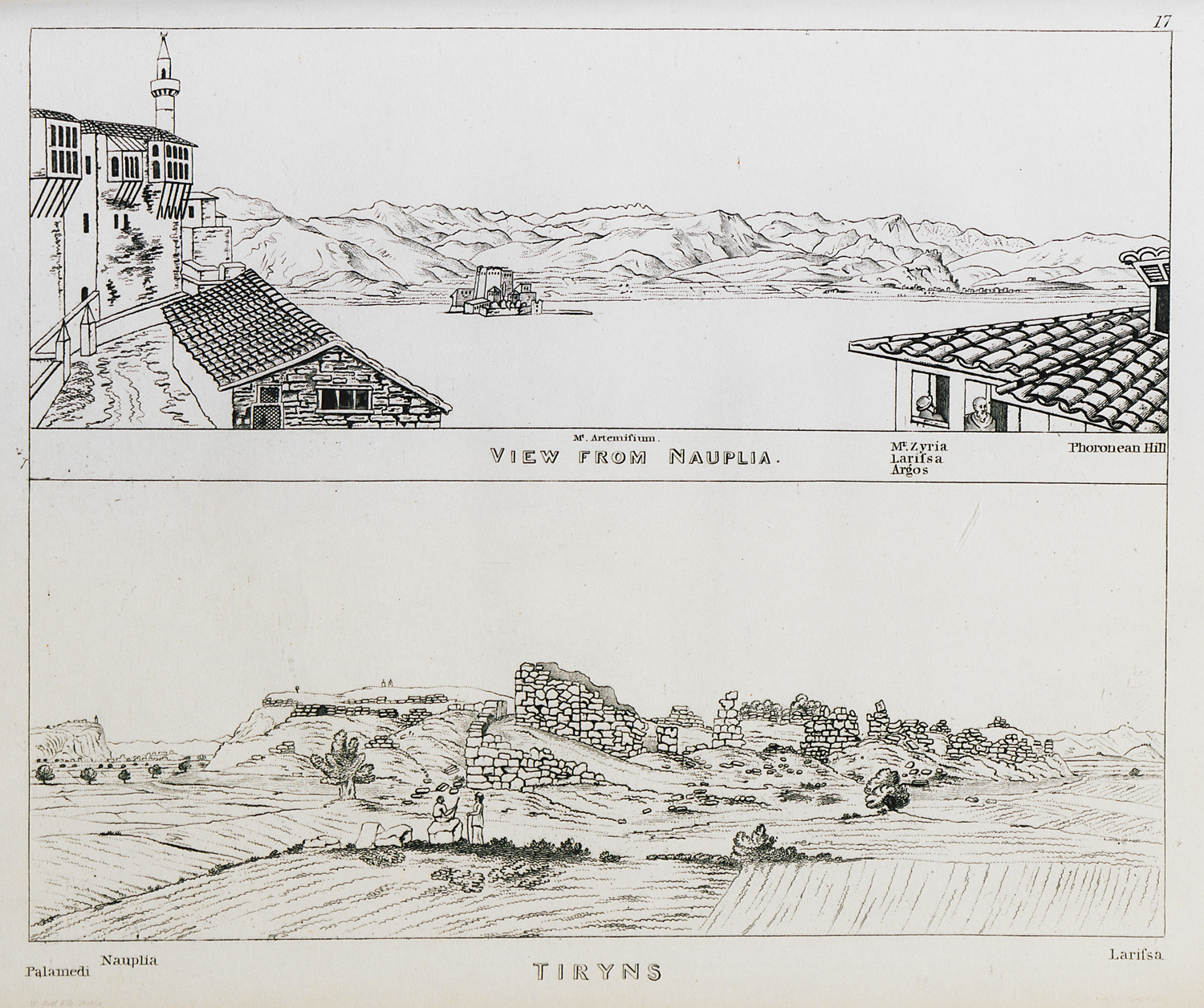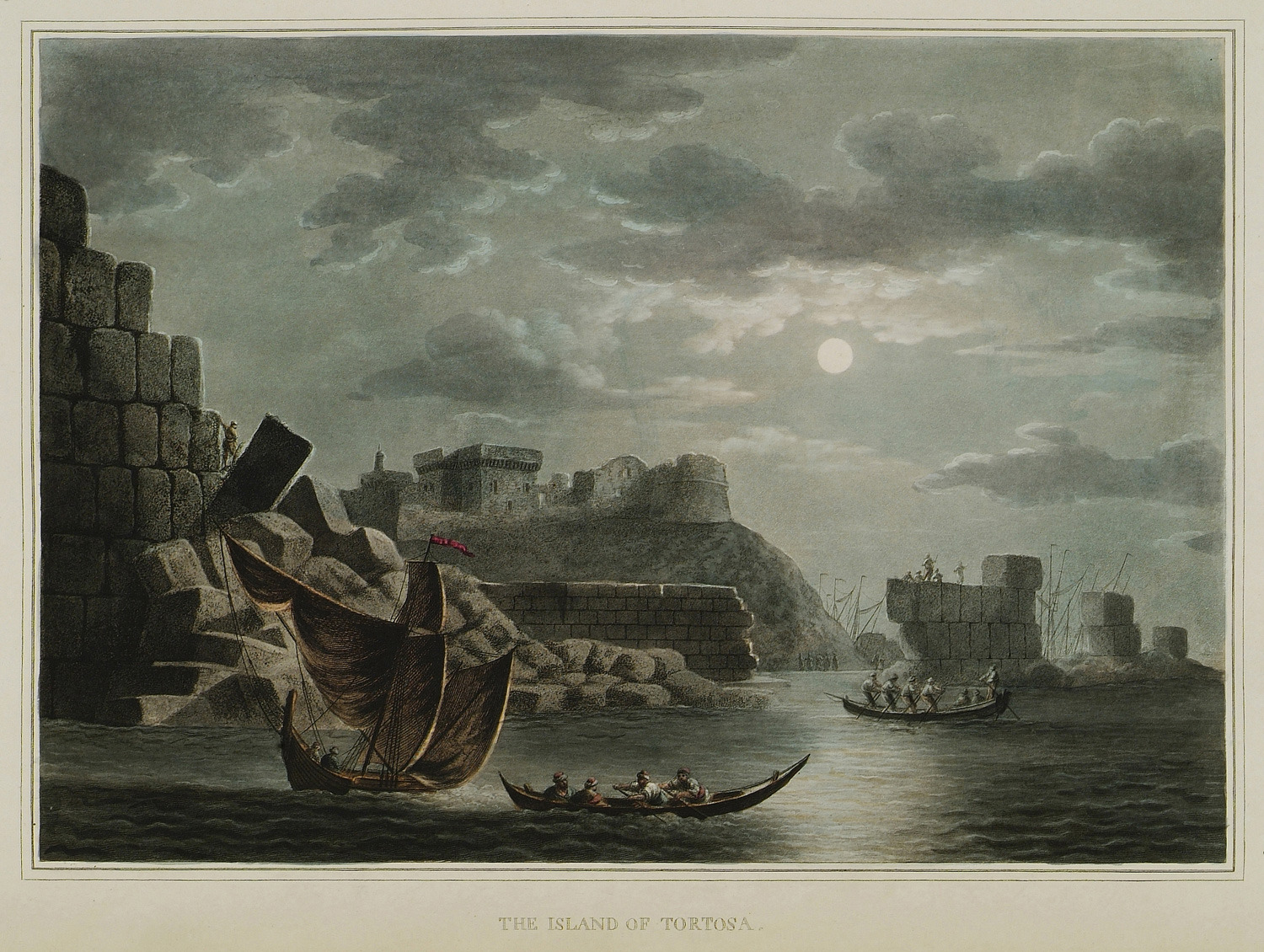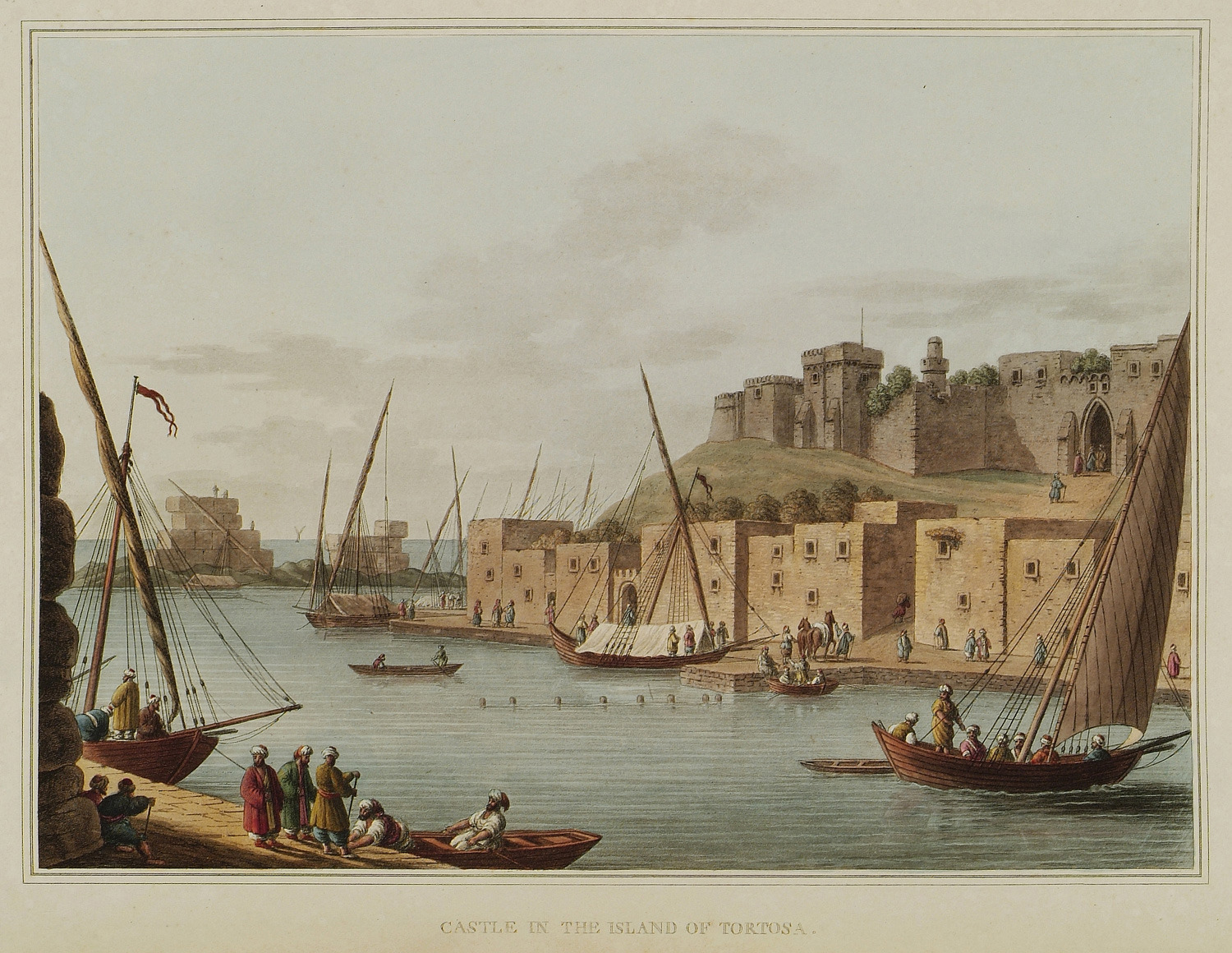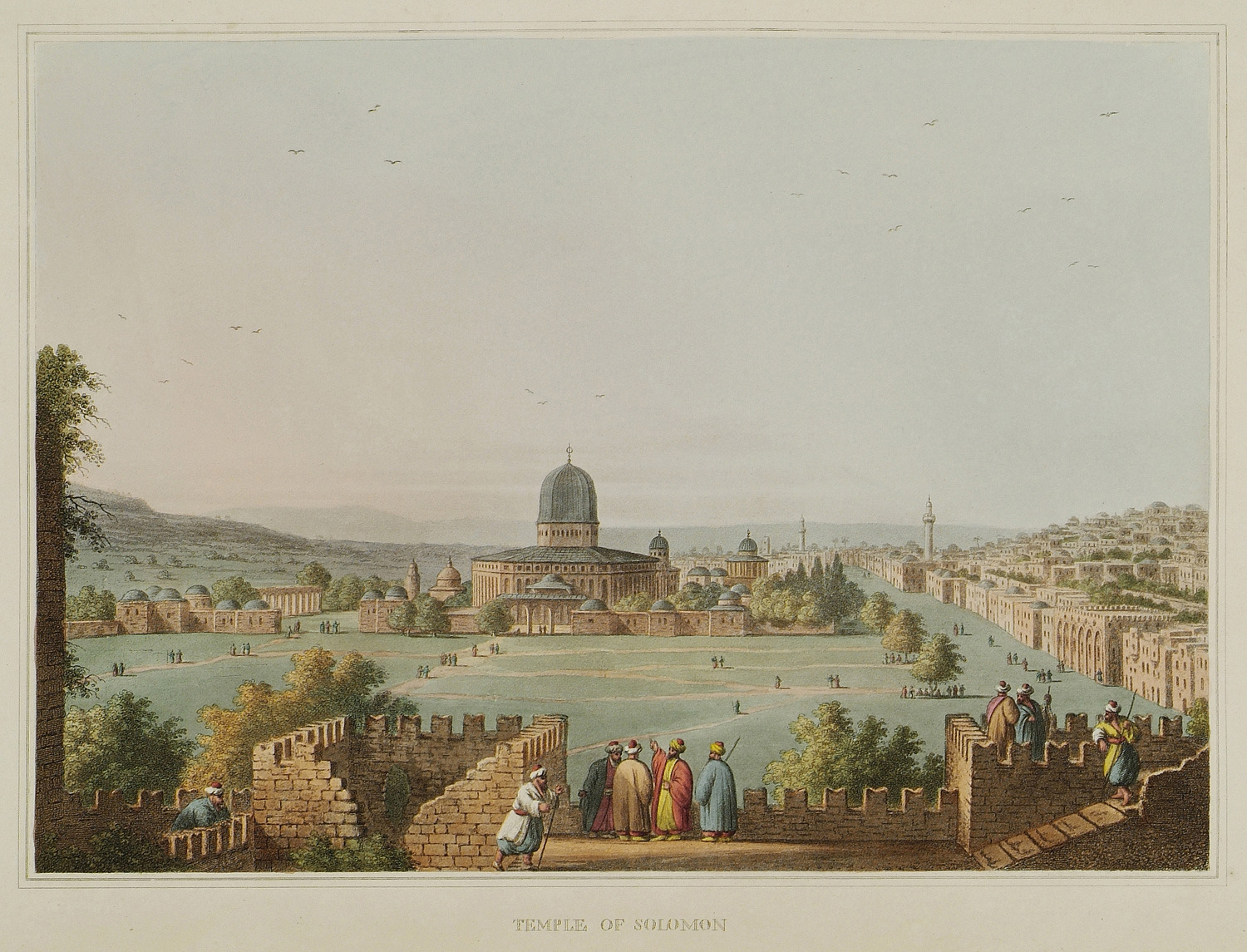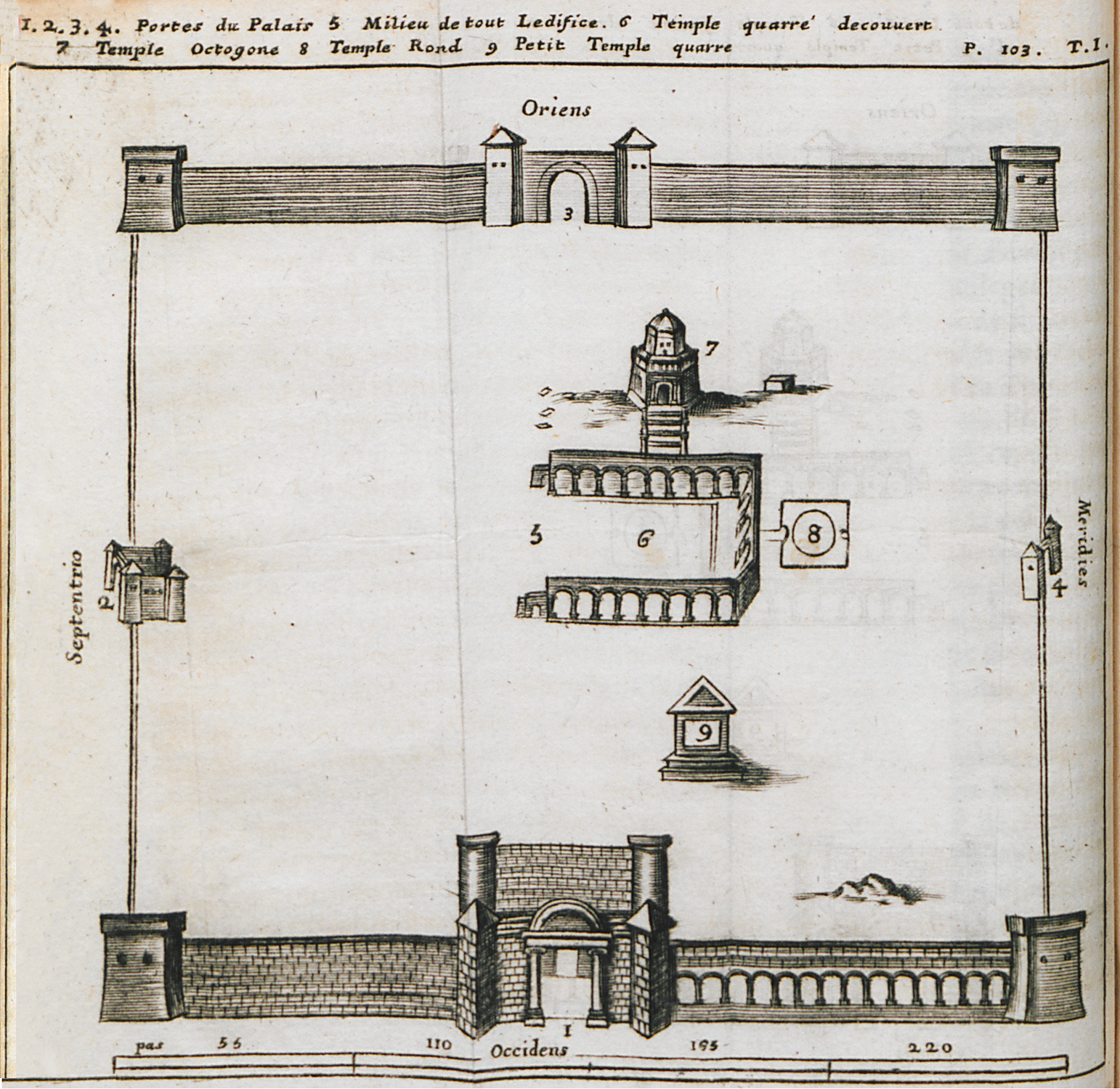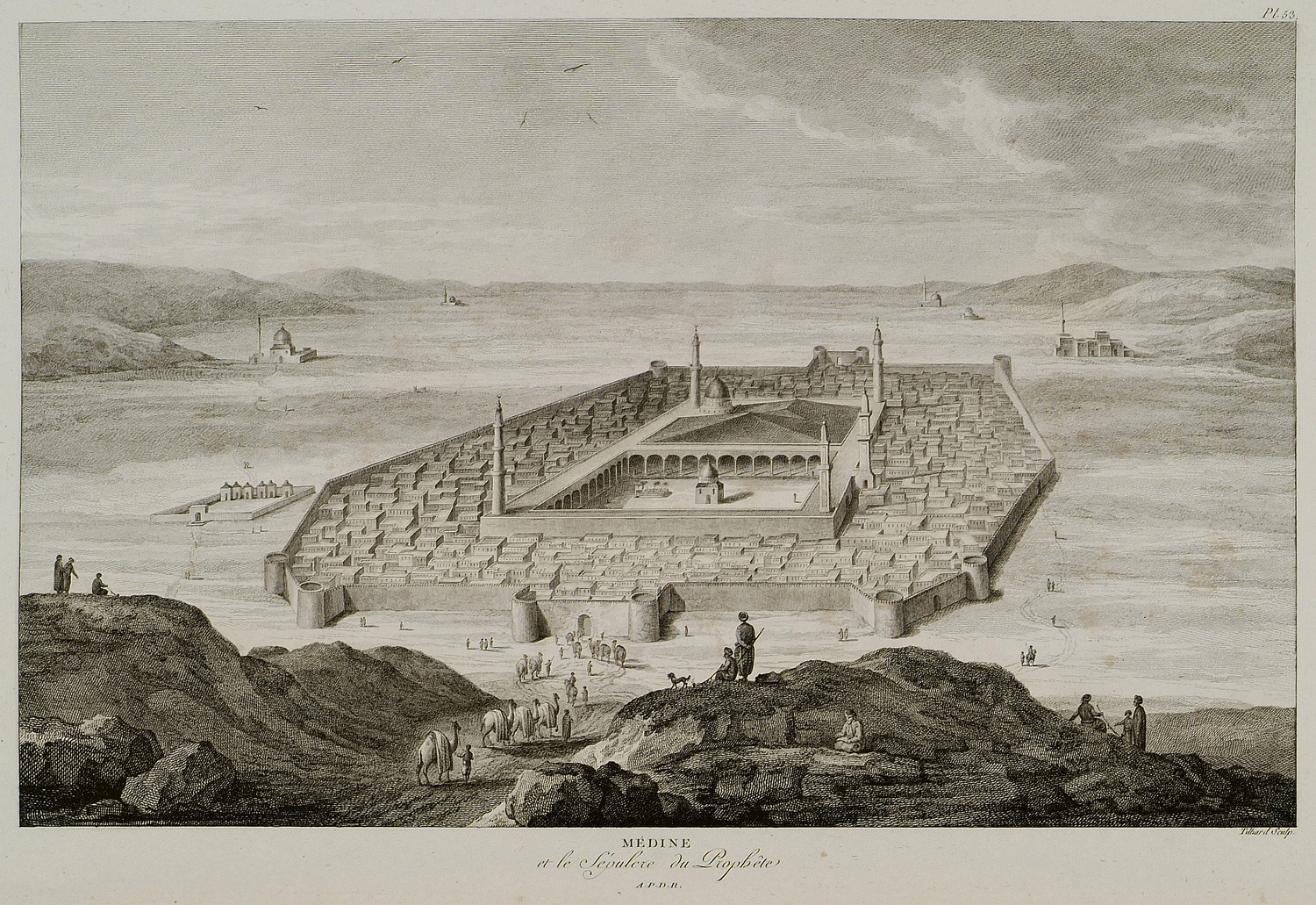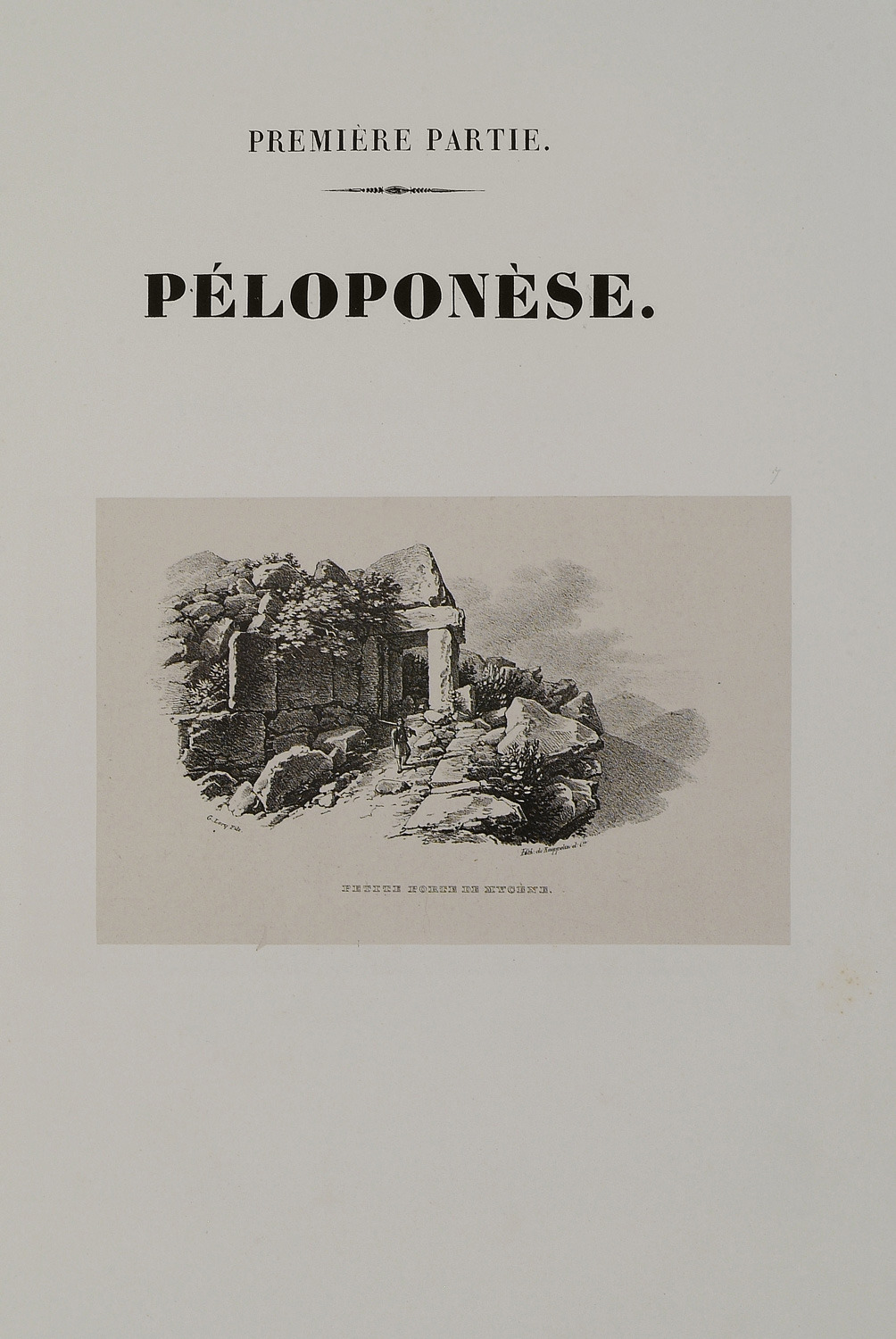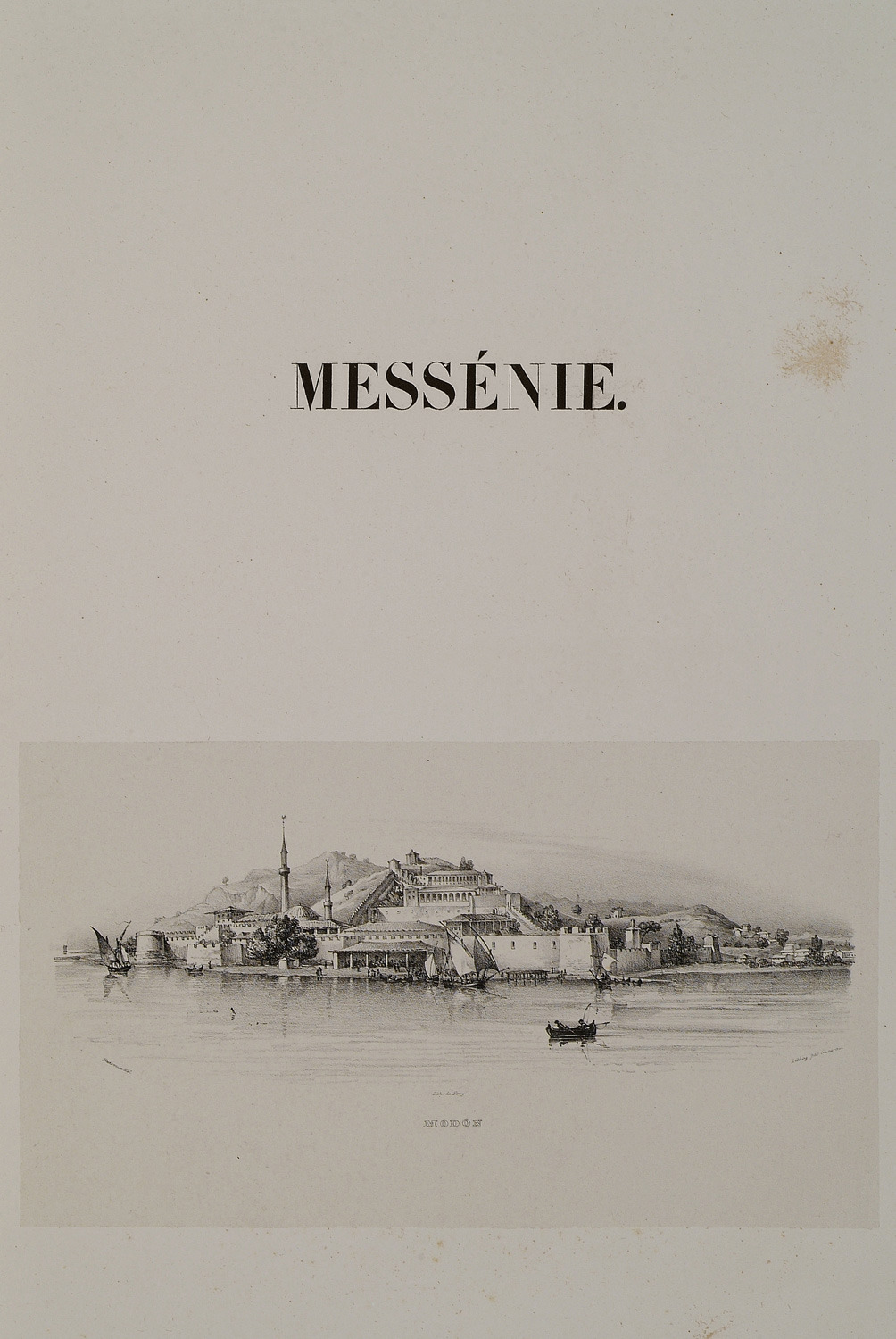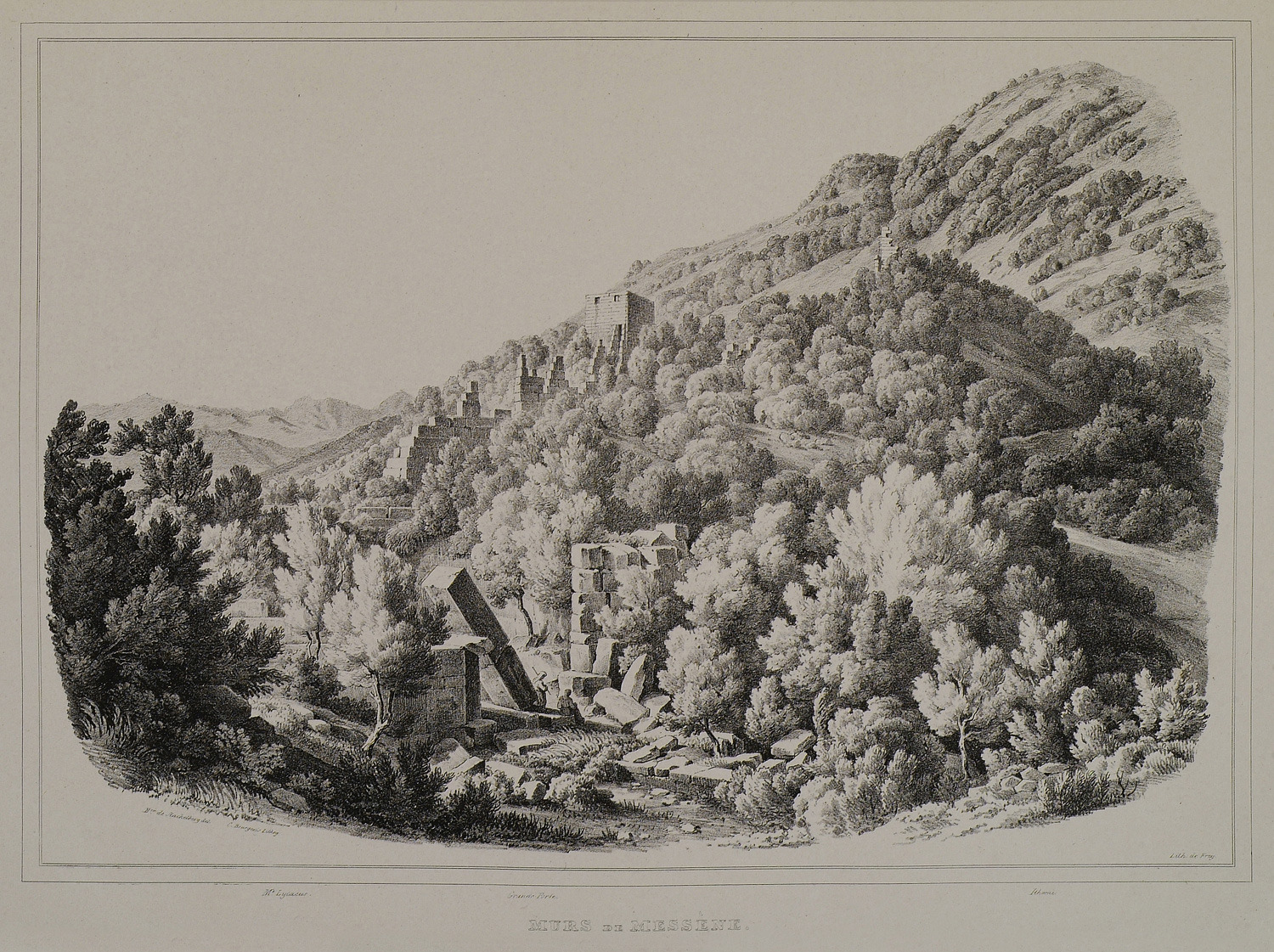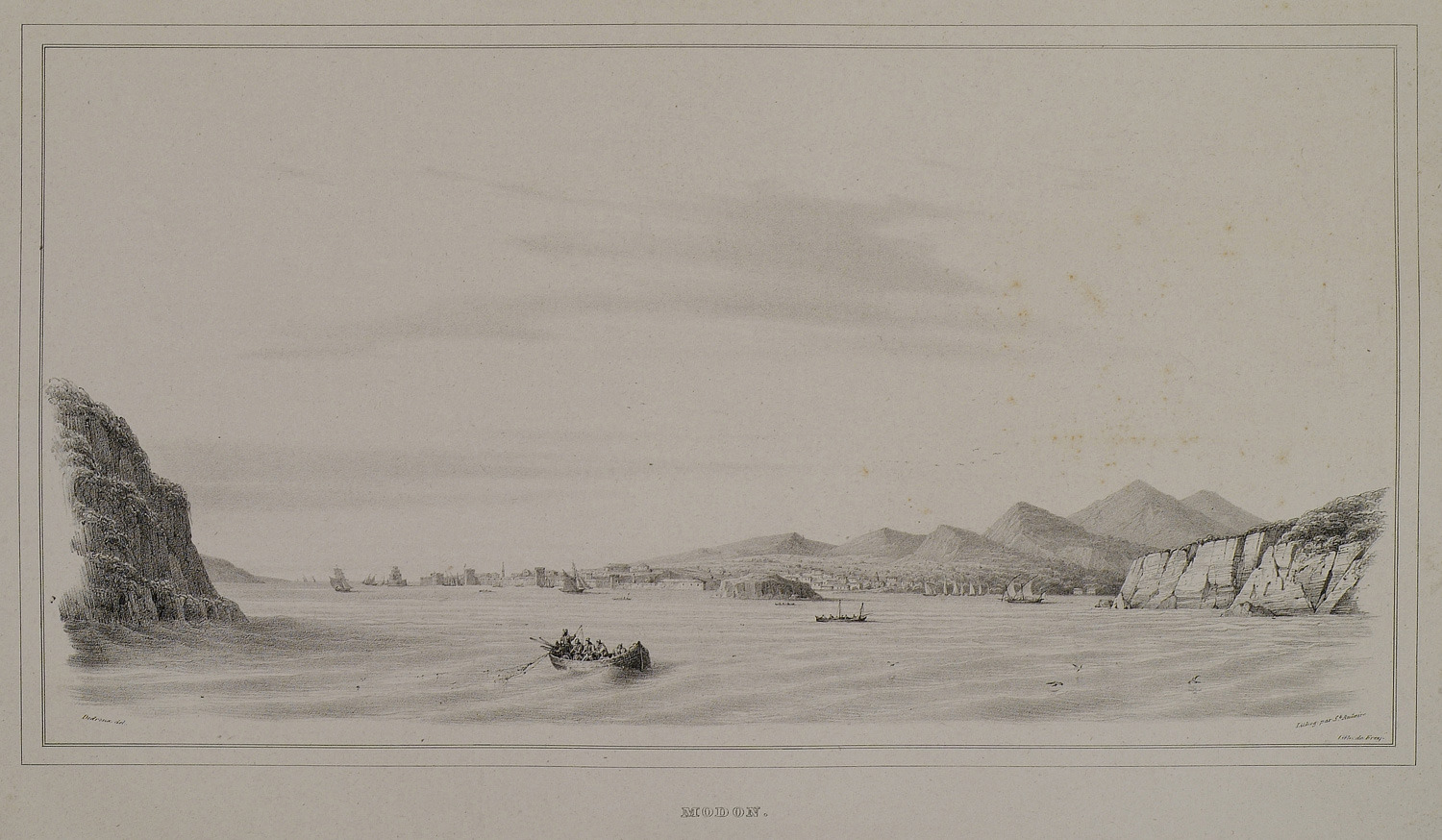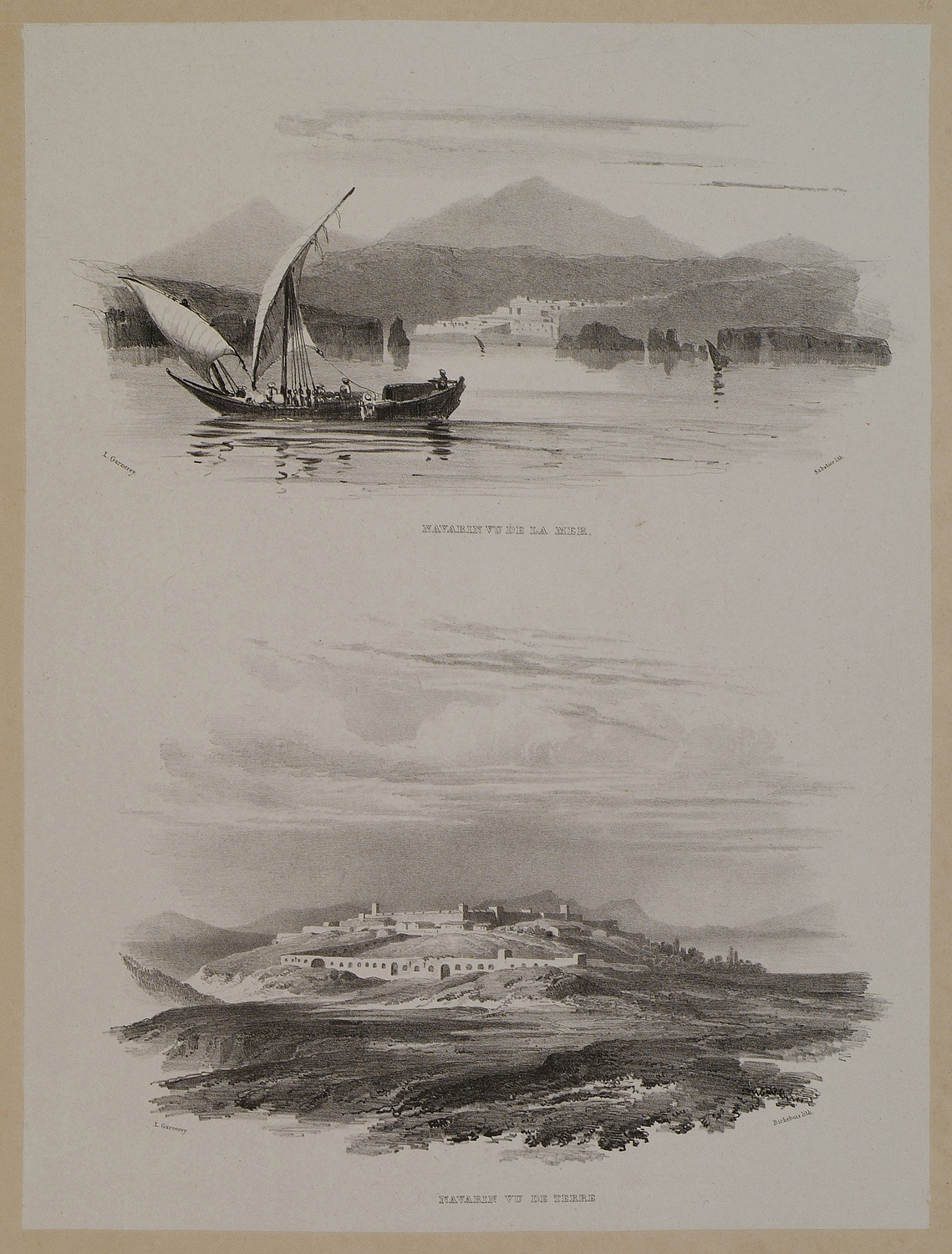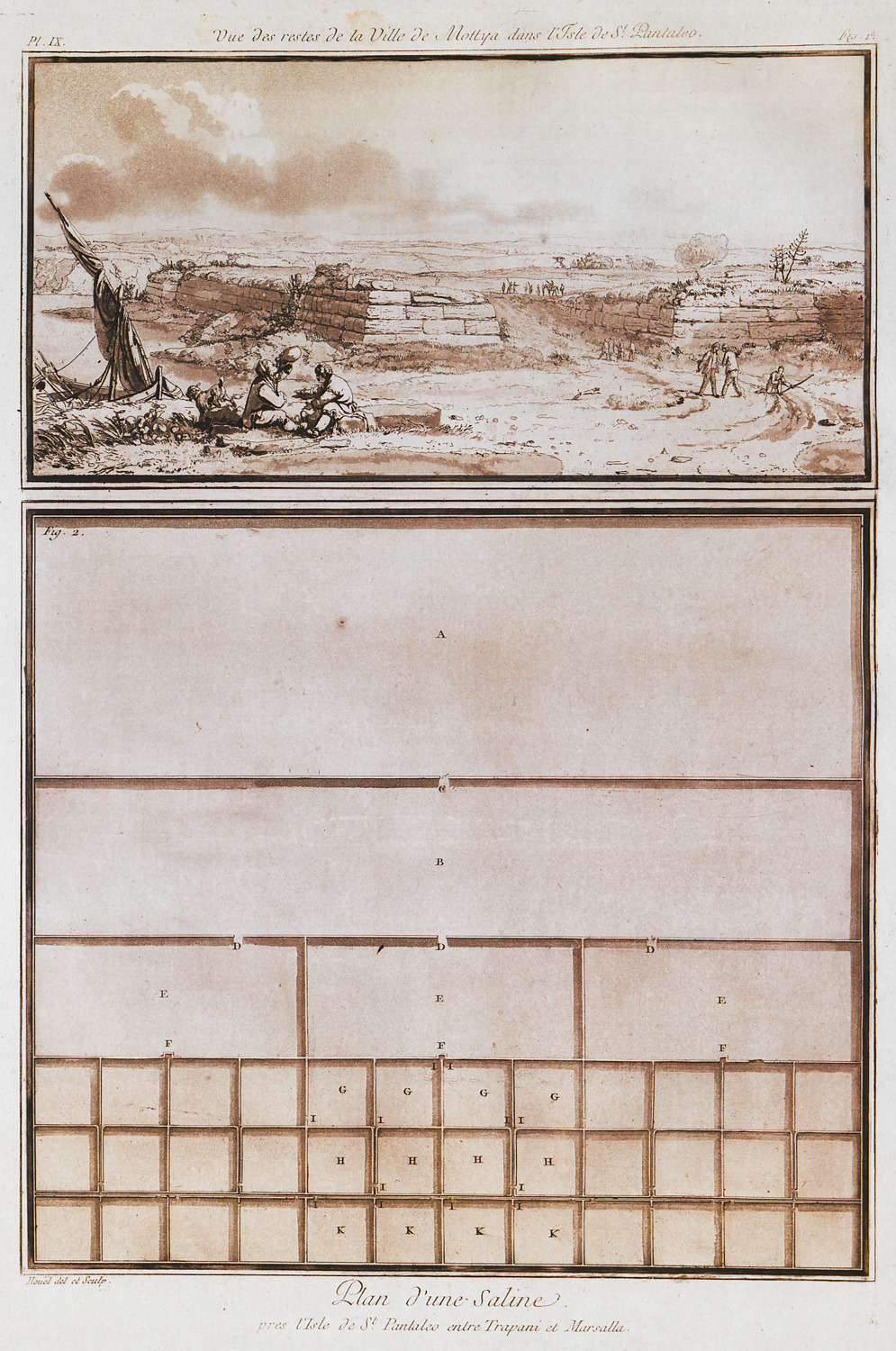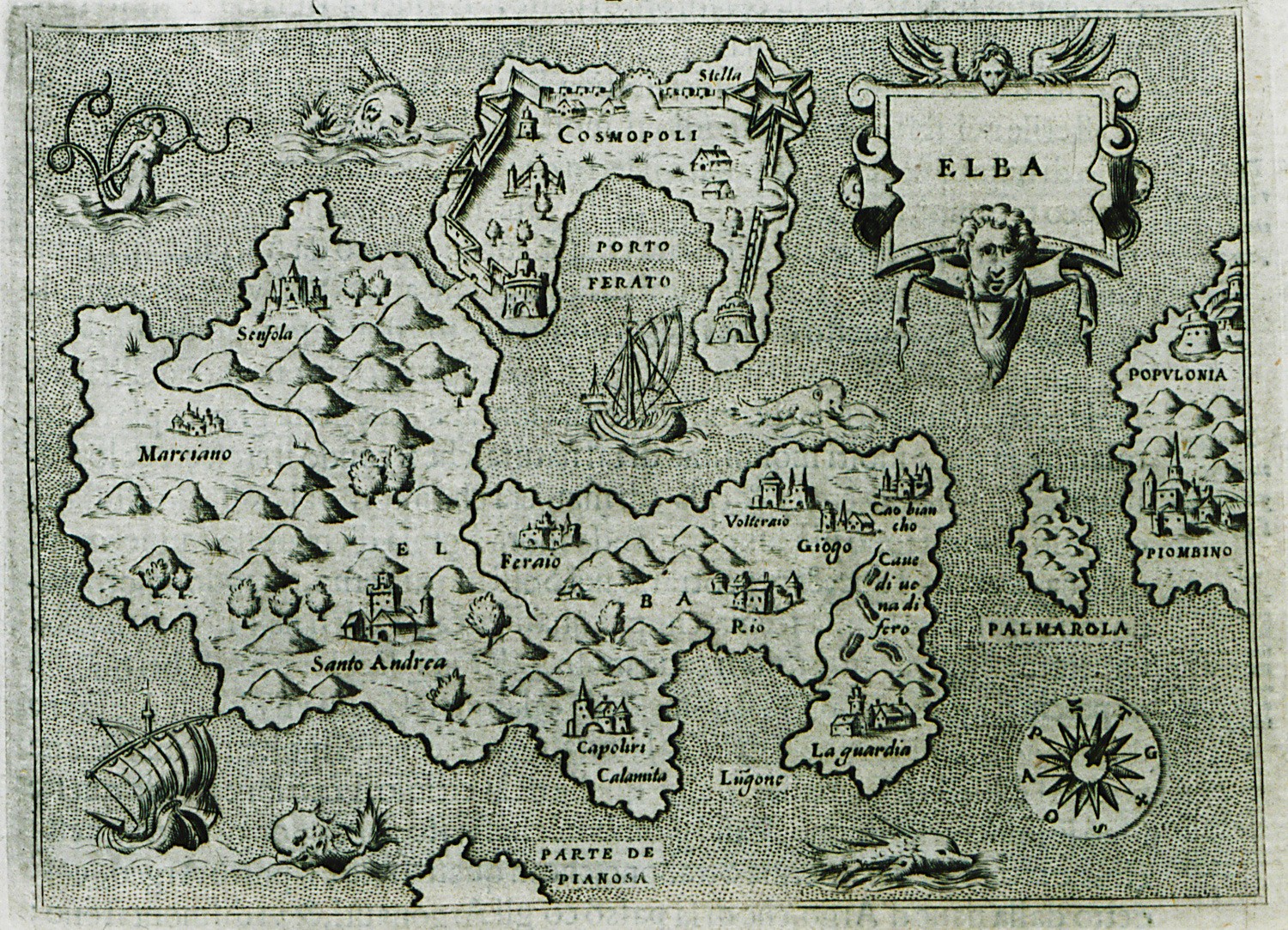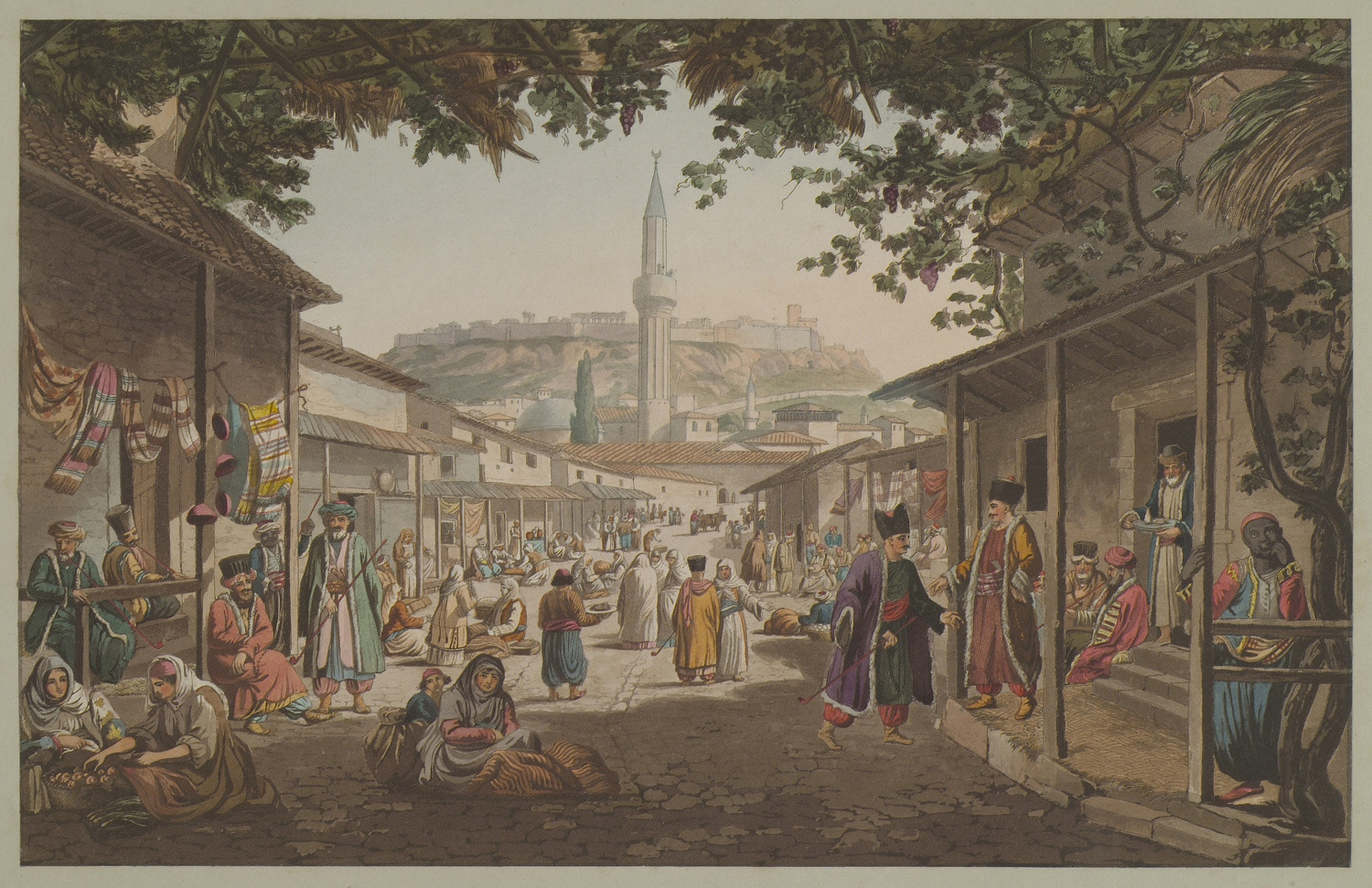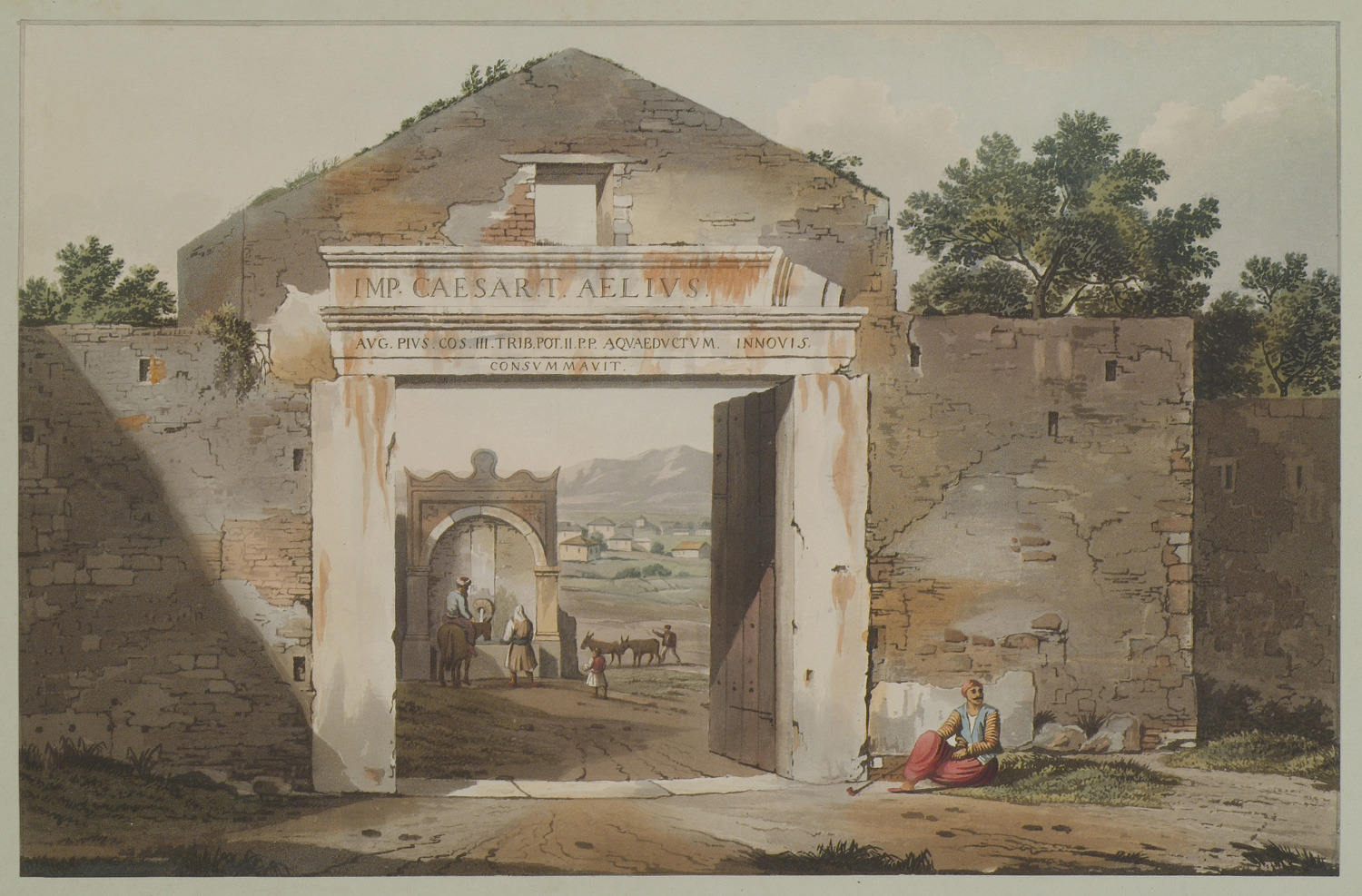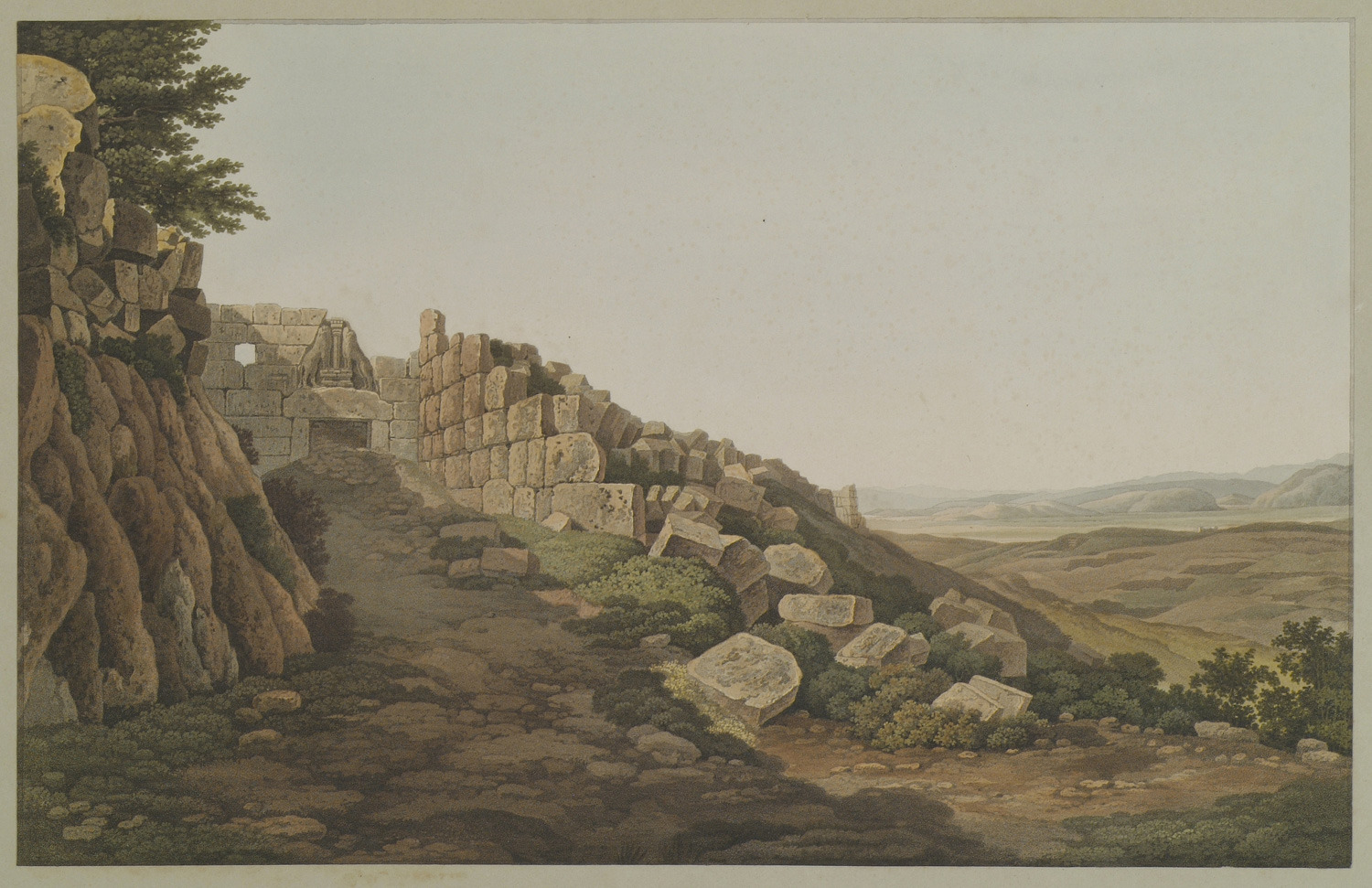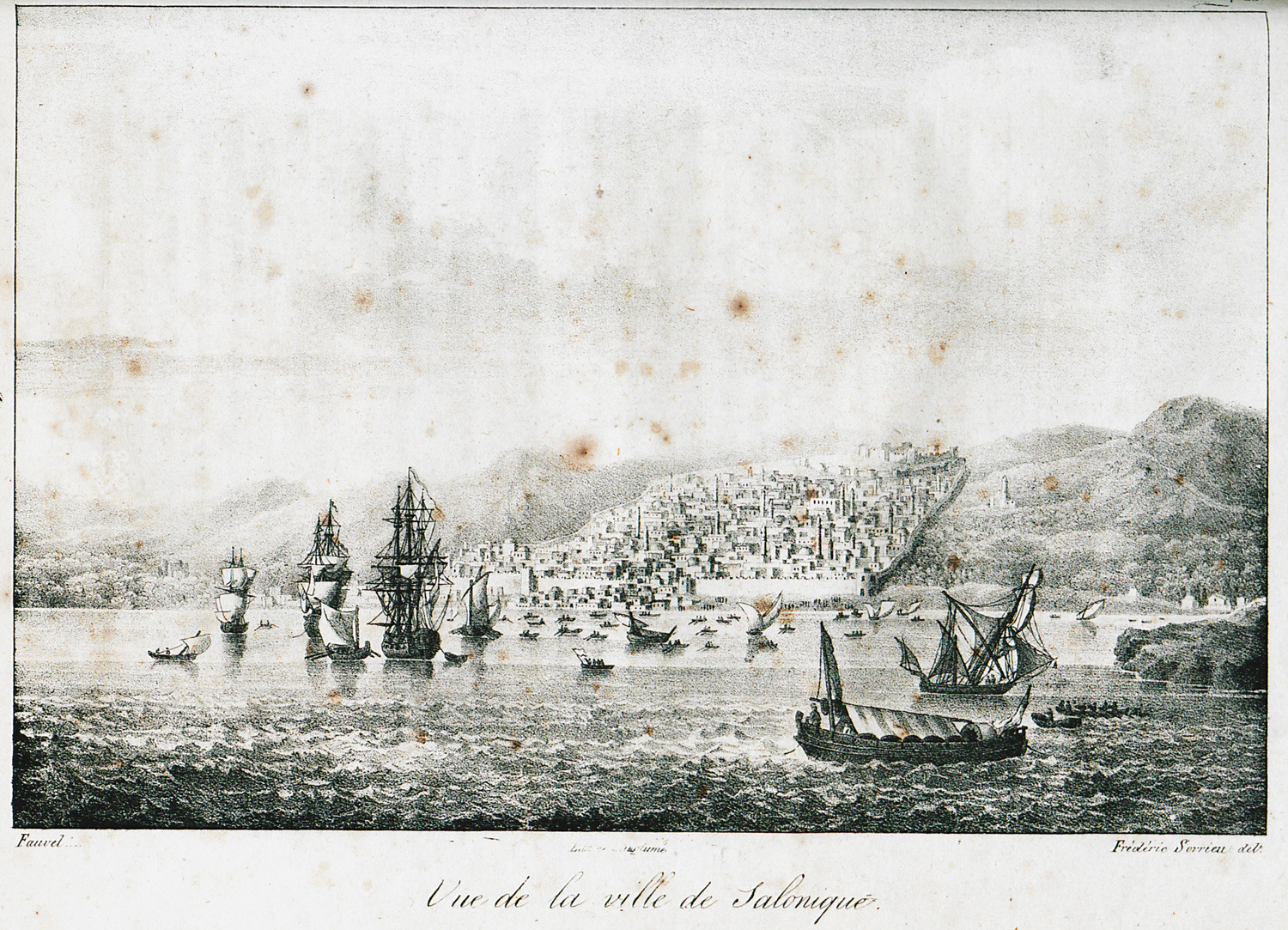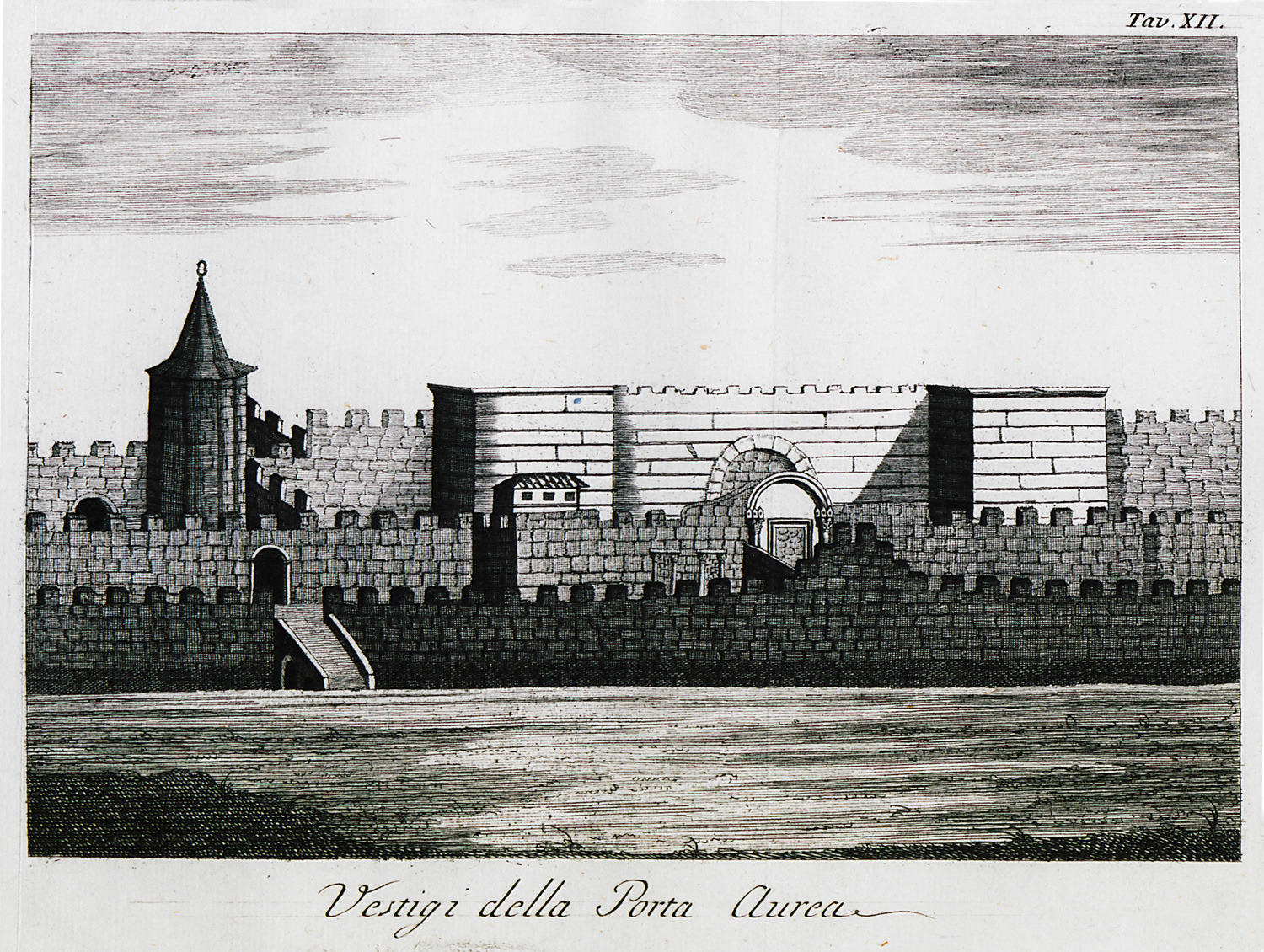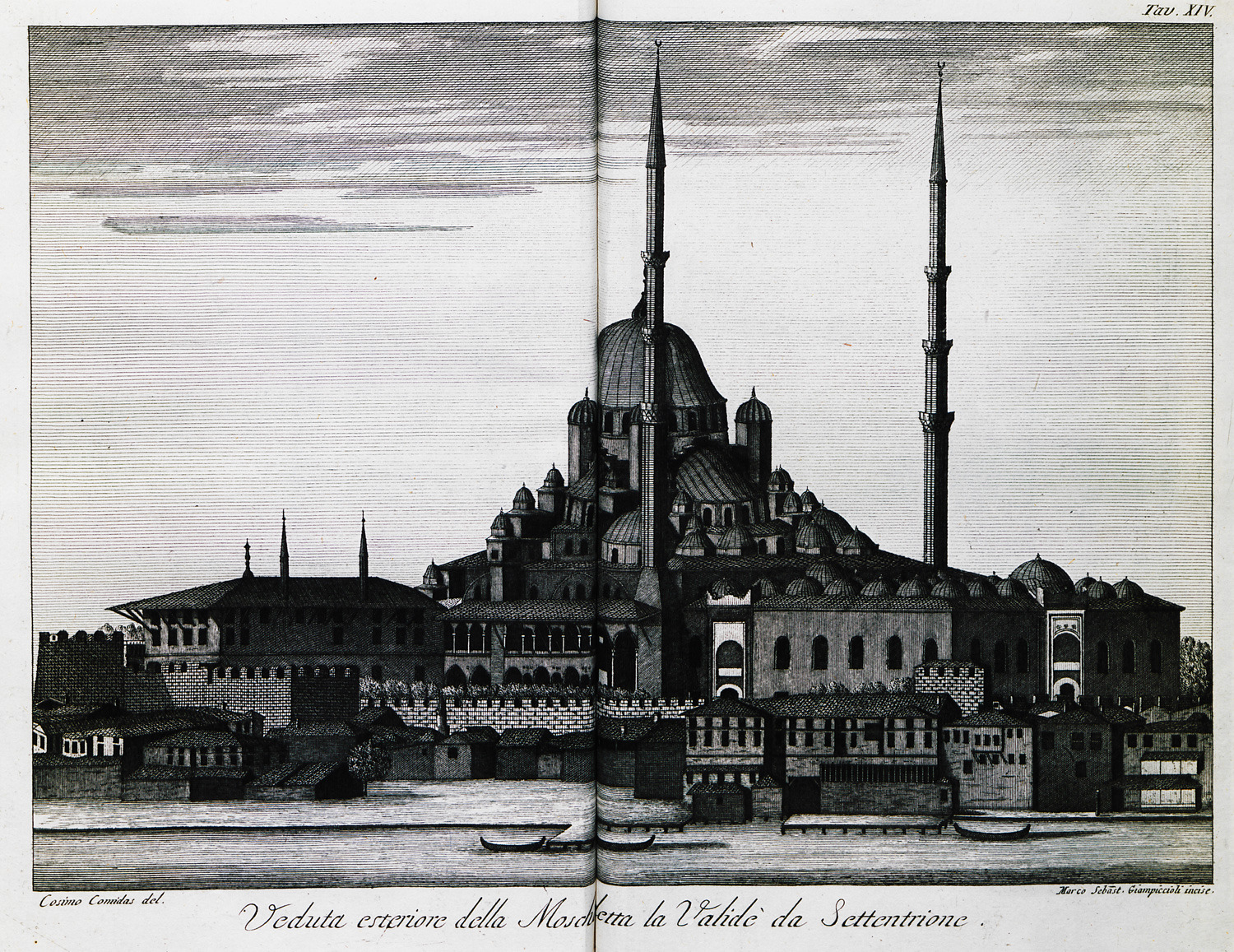Walls (855 Subjects)
Niokastron, the new fortress of Pylos, which was used as a prison at the time of the author's visit.
View of Carytaina with the Frankish castle.
Inscription from the Acropolis of Larissa, Argos. Drawings of several parts of the walls of the Acropolis of Larissa (Argos) and of the Acropolis of Tiryns. Capital of green marble, Mycenae. Wedge of brass, brass nails from the Treasury, Mycenae. Ornamented red marble in a church near the Treasury at Mycenae, [originally part of the reliefs at the entrance to the Tholos Tomb of Mycenae].
Gate of the Lions, Mycenae.
Gate of the Lions, Mycenae.
Gate of the Lions, Mycenae.
The Postern gate of Mycenae Acropolis.
View of the northeastern (postern) gate of Mycenae.
Mycenae.
Cyclopian wall on the S. side of the Citadel of Mycenae. Loop hole or window. Cyclopian wall on the E. side of Tiryns.
Gallery at the Acropolis of Tiryns, Argolis.
View from Nafplio, Bourtzi in the background. View of the Mycenean Acropolis of Tiryns.
View of Arwad island outside Tartus, Syria.
The castle of Arwad on Arwad island.
Reconstruction of Salomon's temple in Jerusalem.
Plan of the remains of the Palace of Diocletian in Split, Croatia.
View of Medina in Saudi Arabia, with Al-Nabawi Mosque.
Title page of the first part of the book. The Postern Gate of the Mycenae Acropolis.
Chapter page. View of Methoni.
The walls of Αncient Messene.
View of Methoni from the sea, Peloponnese.
View of Pylos from the sea. The Castle of Pylos (Niokastro).
Ancient wall in Mozia or San Pantaleo island, which is situated between Trapani and Marsala, Sicily. Drawing of salt flat near Mozia.
Map of Elba island.
The bazaar of Athens. On the forefront, on the right, an emancipated African slave. On the doorway, the owner of the coffeehouse who is brigning a tray with coffee to the Ottoman governor Disdar Aga. Disdar Aga is sitting on the stairs, dressed in red, and next to him sits another Turkish aga. Standing at the entrance of the coffeehouse, the Greek voivode (governor) of Salamis island, who is conversing a Greek Baratario (protegé of a foreign power). At the centre of the picture, three Turkish women covered with long white veils. According to Edward Dodwell's description, the rest of the women depicted are Arvanite. Standing, on the right, a devout Muslim in green costume, an indication that he has made the pigrimage to Mecca.
The Gate of Mesogeia or Gate of Boubounistra, which was situated at the present-day junction of Amalias avenue with Othonos street. In the background, the fountain of Boubounistra.
The Gate of the Lions at Mycenae.
View of Thessaloniki from the sea.
View of the Golden Gate at the walls of Istanbul.
View of New Mosque in Istanbul.


